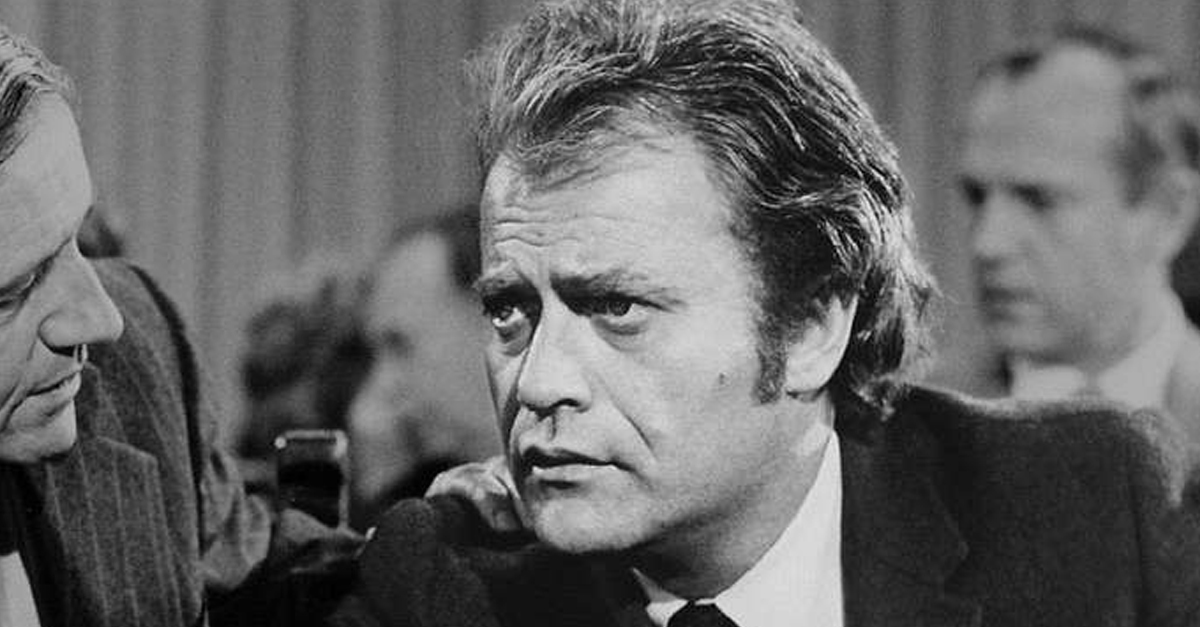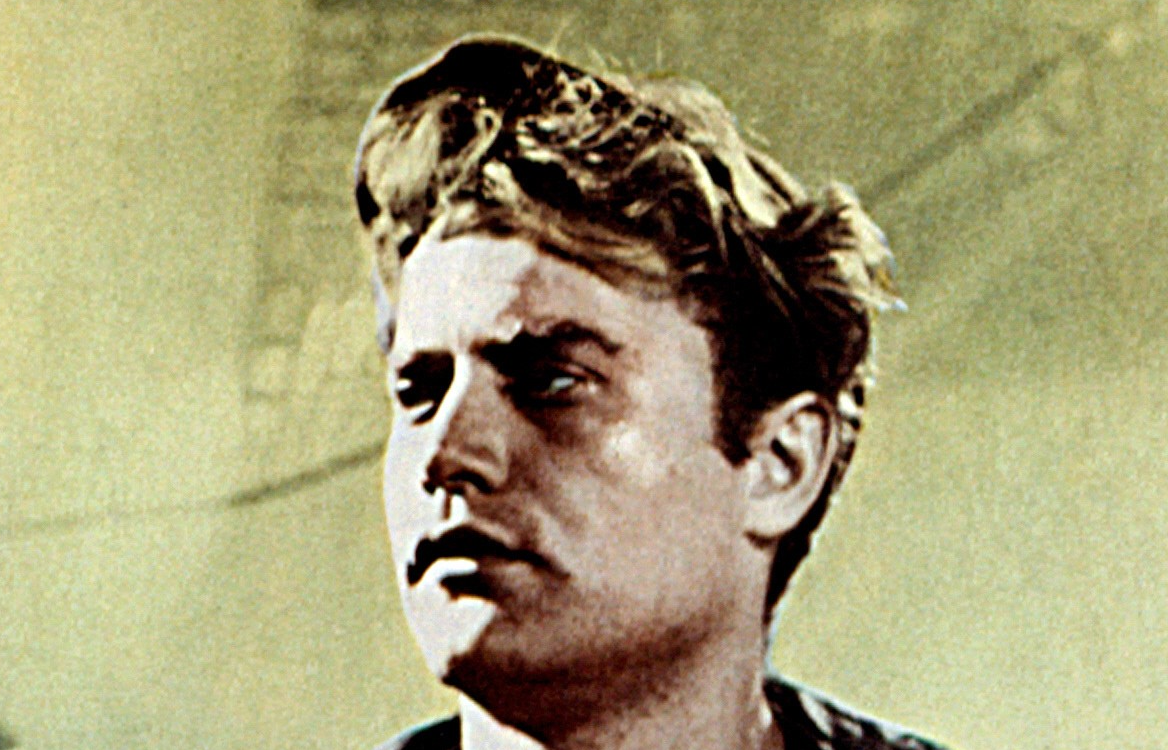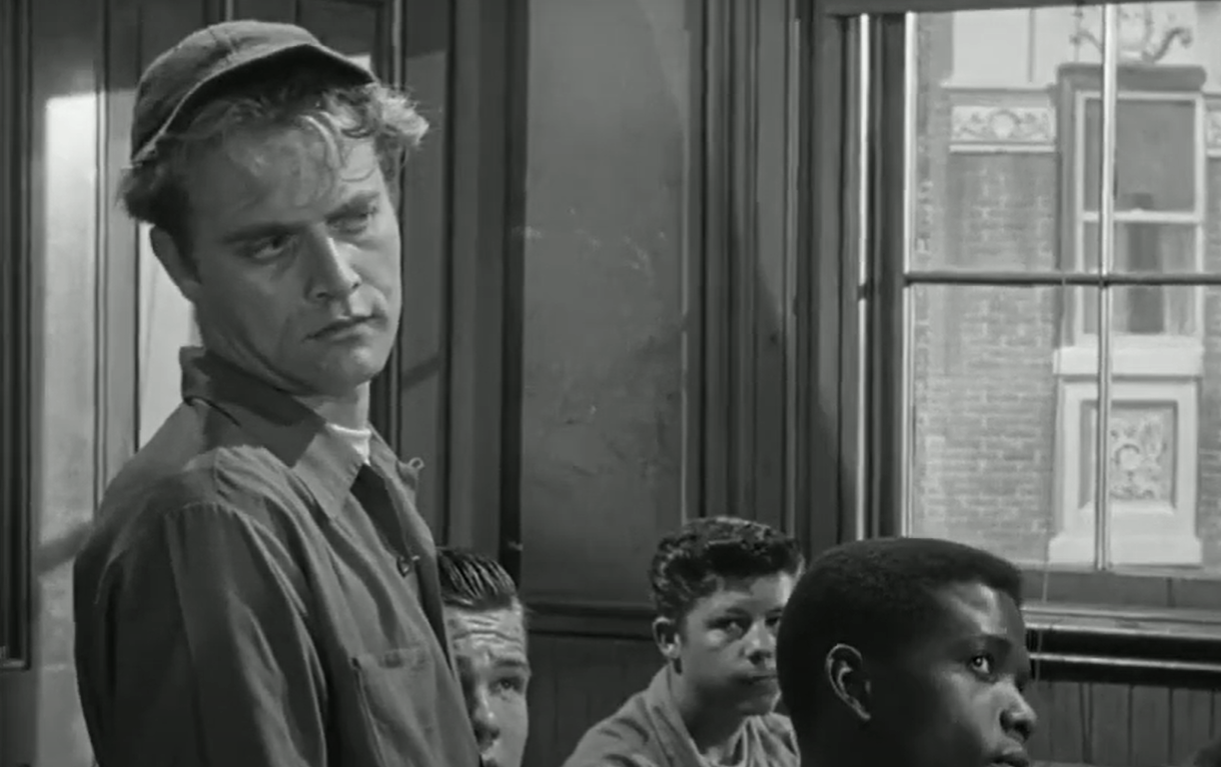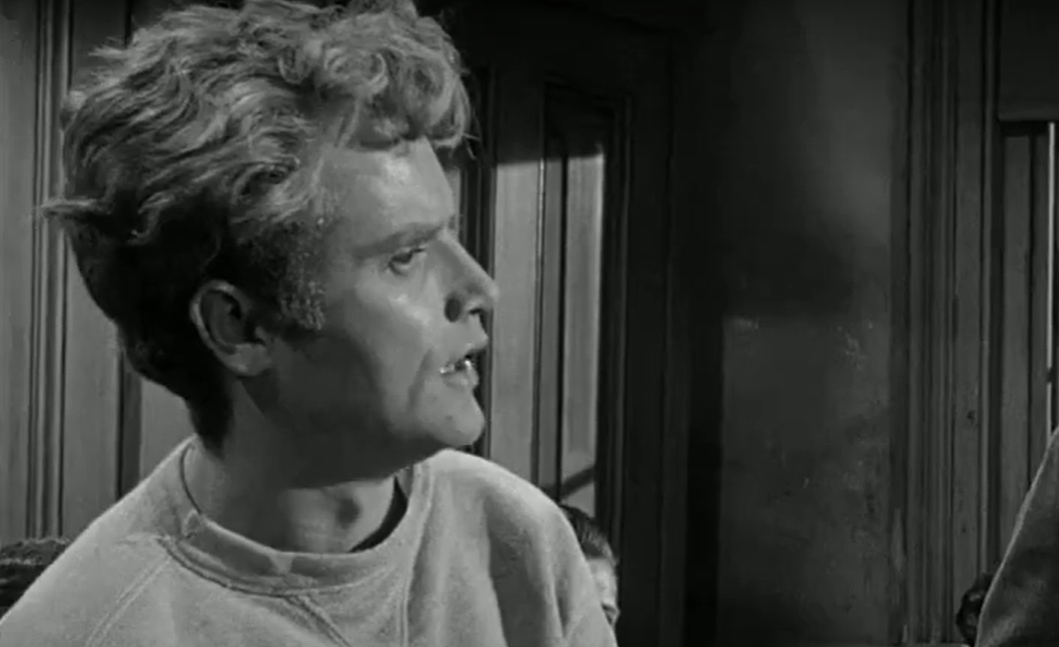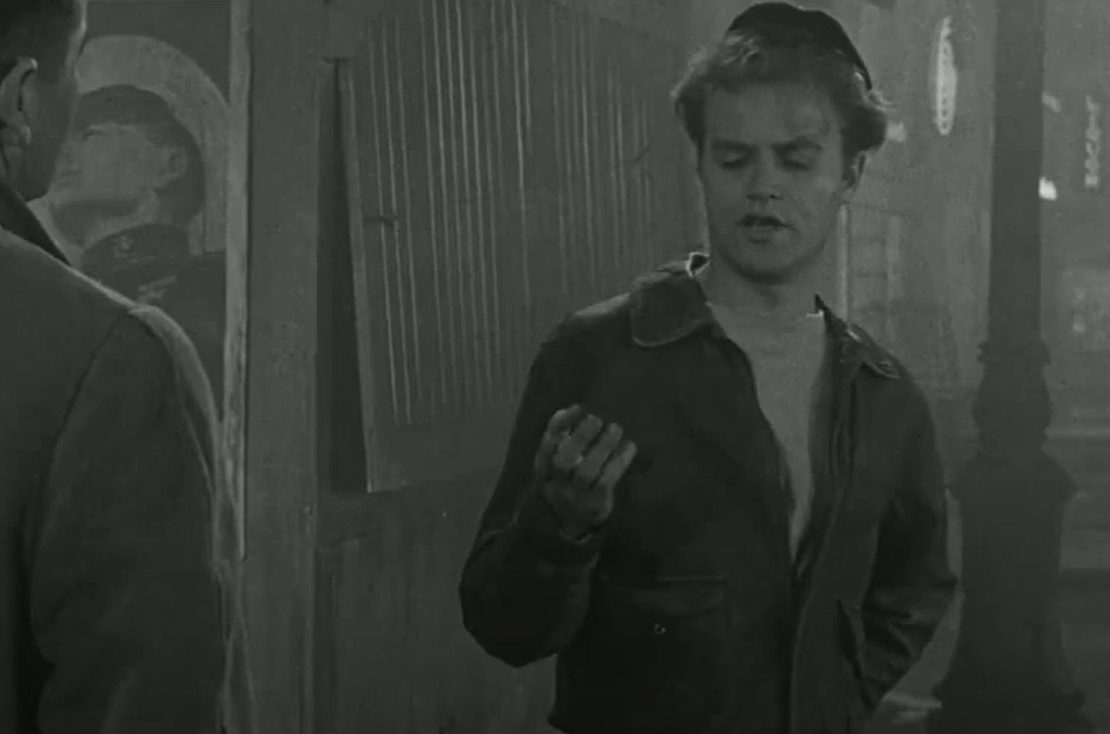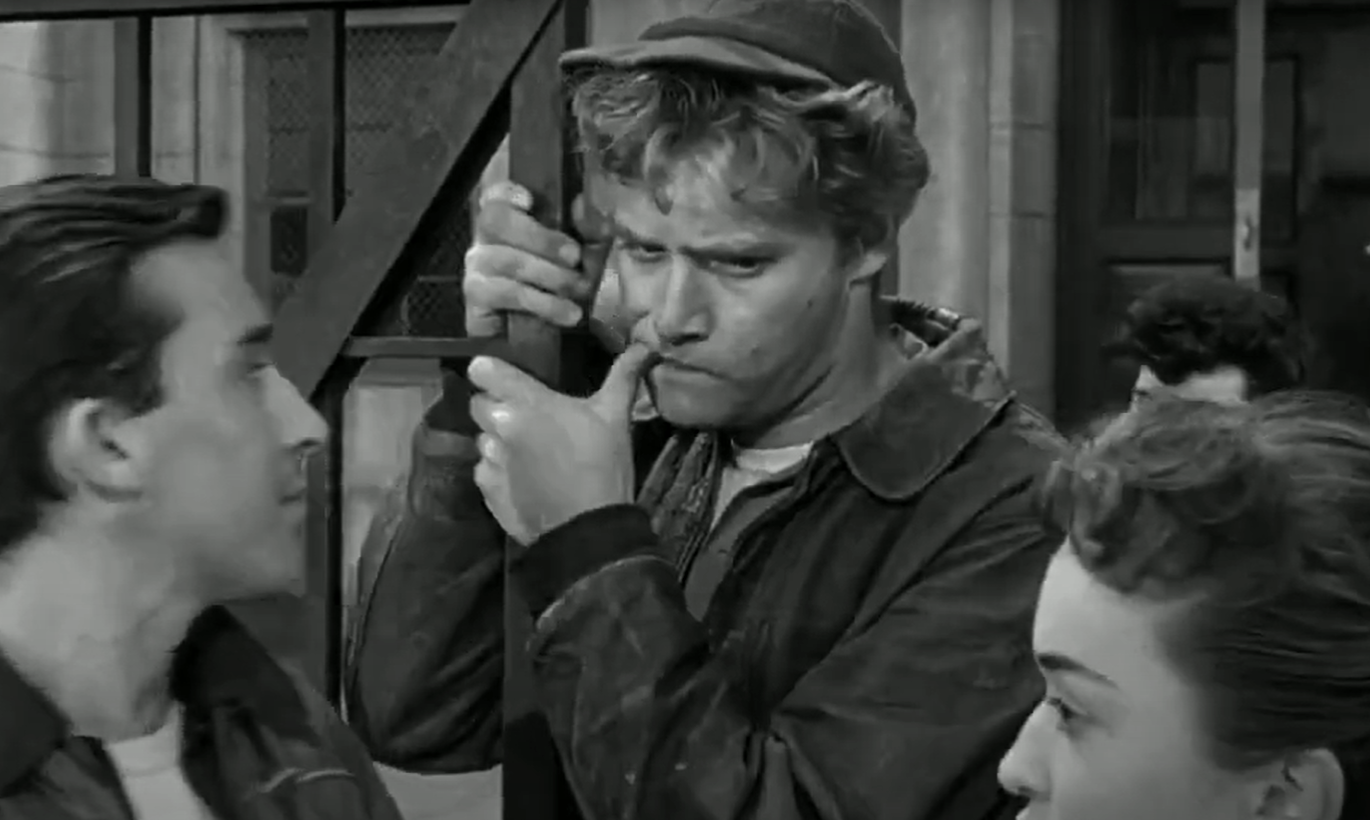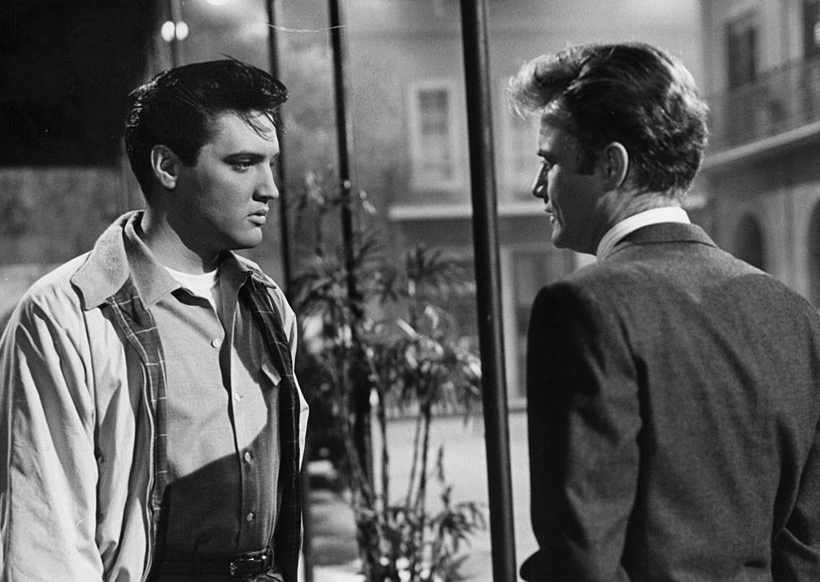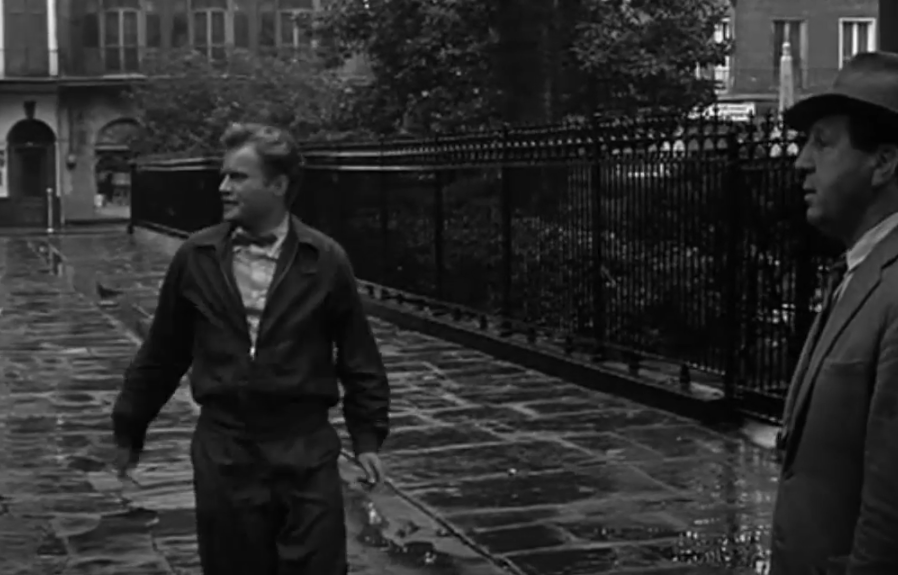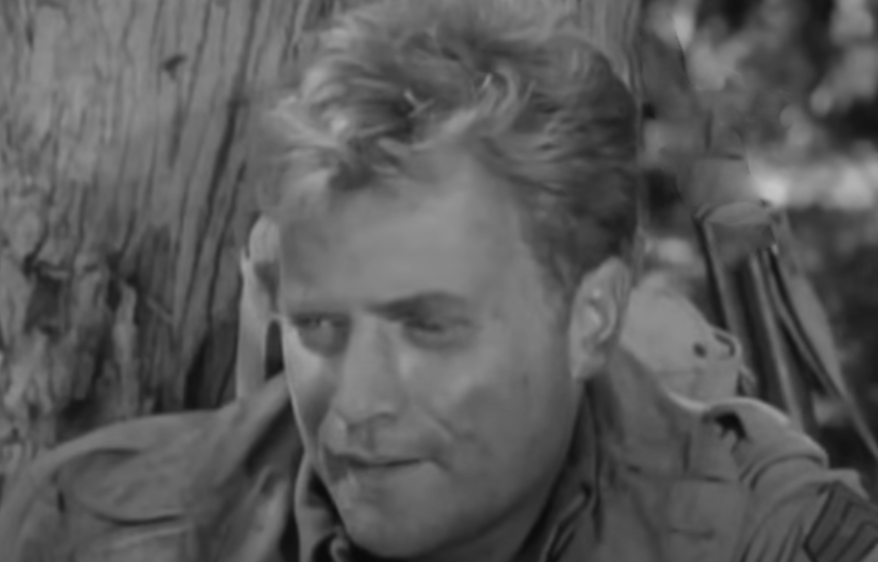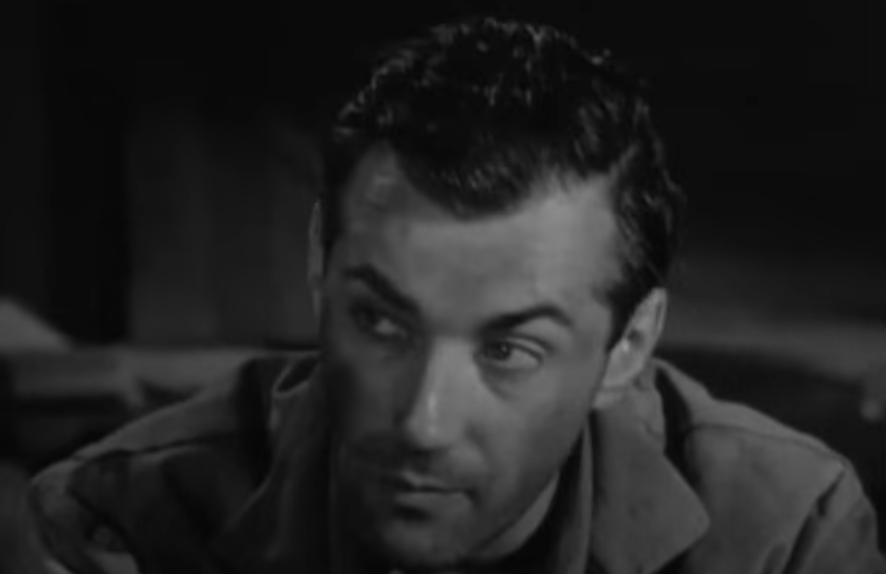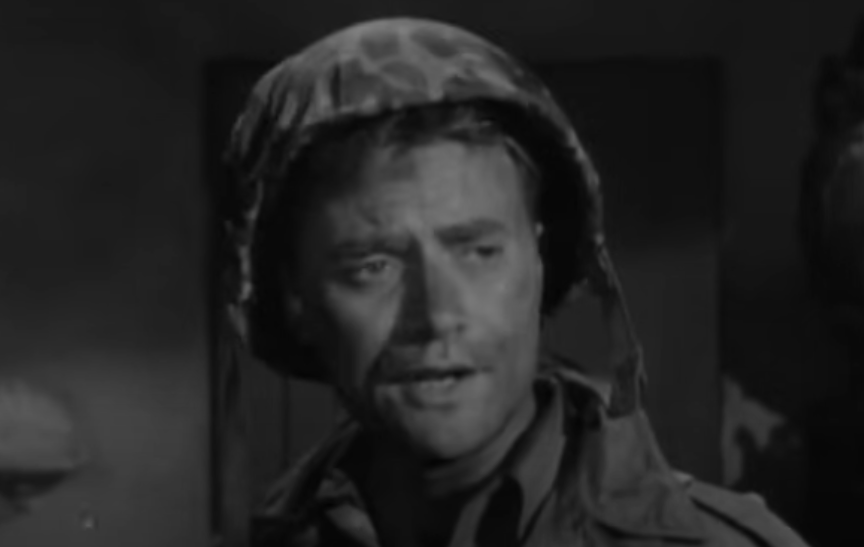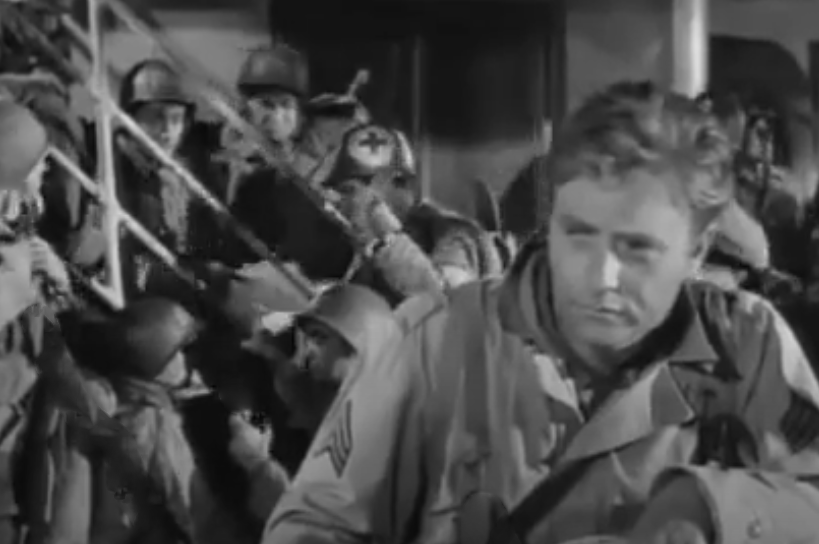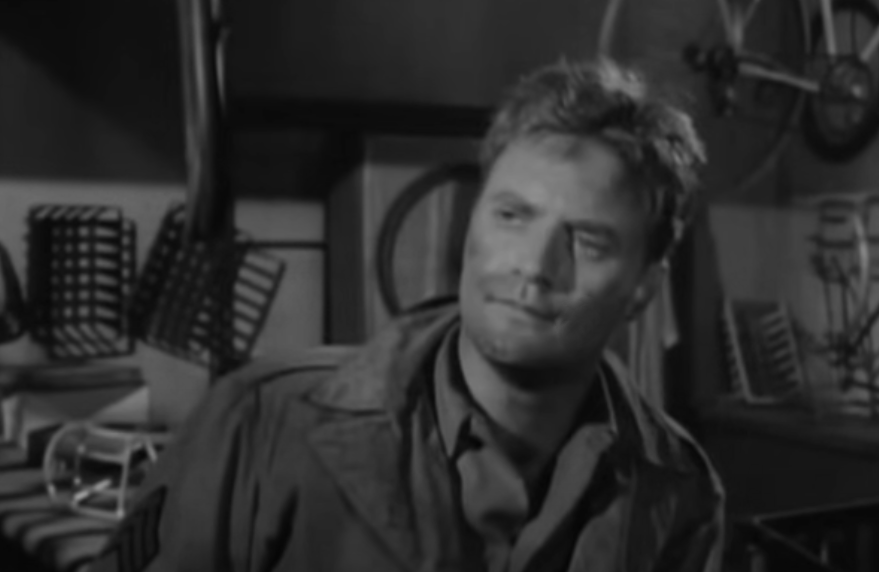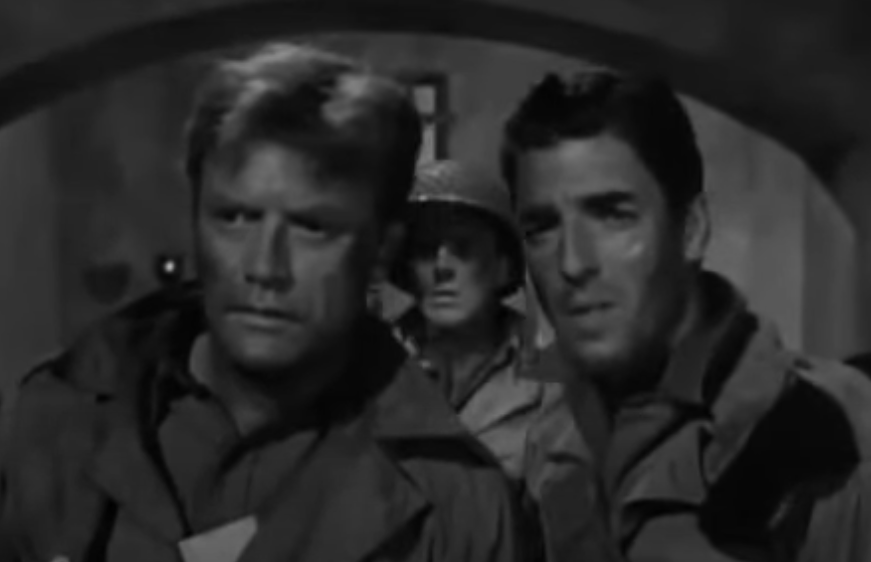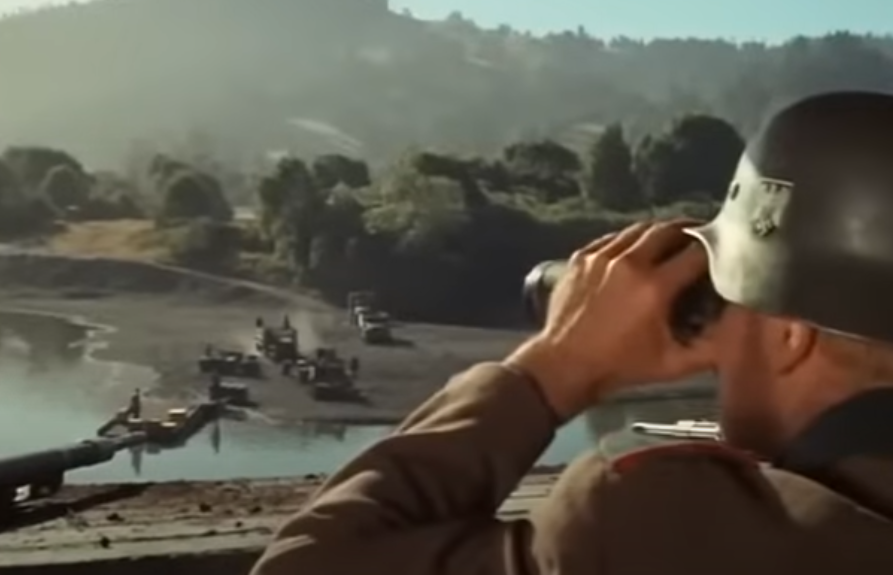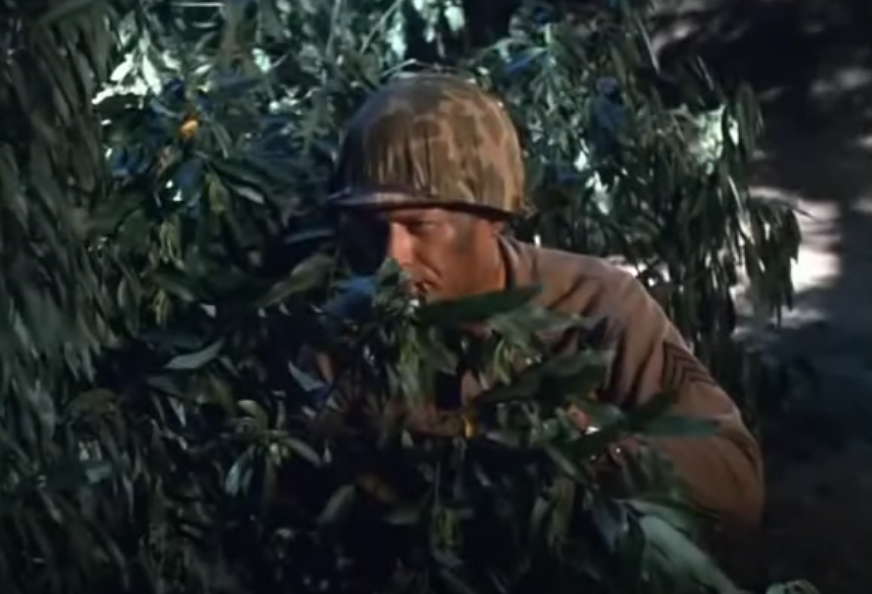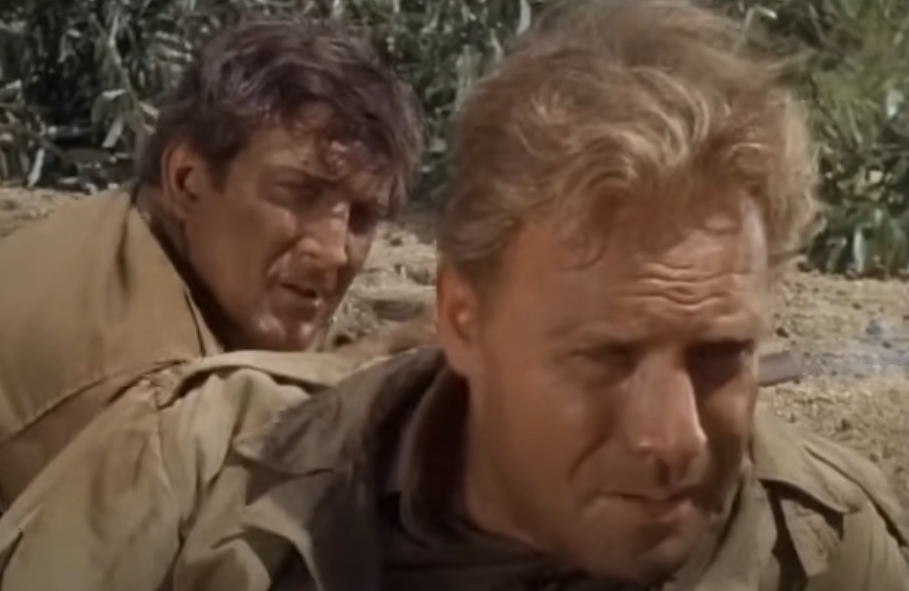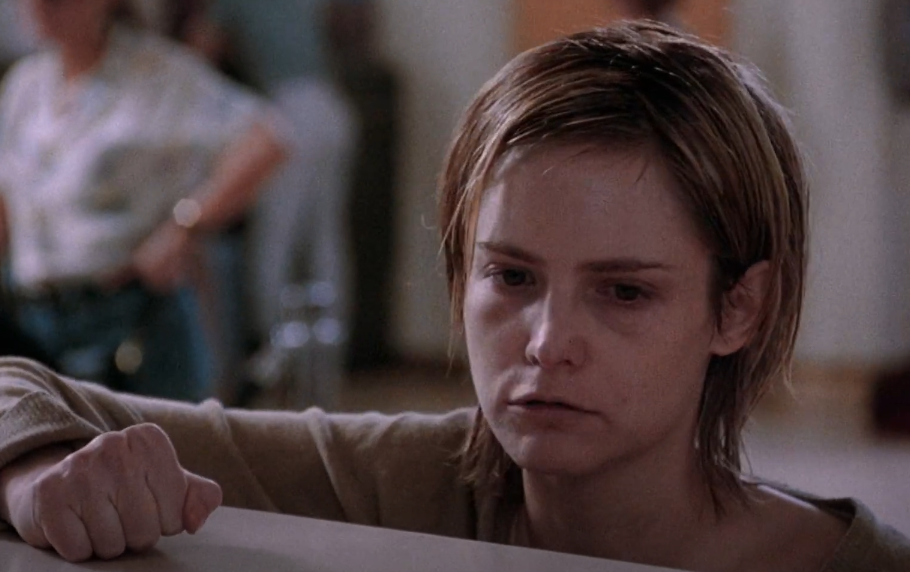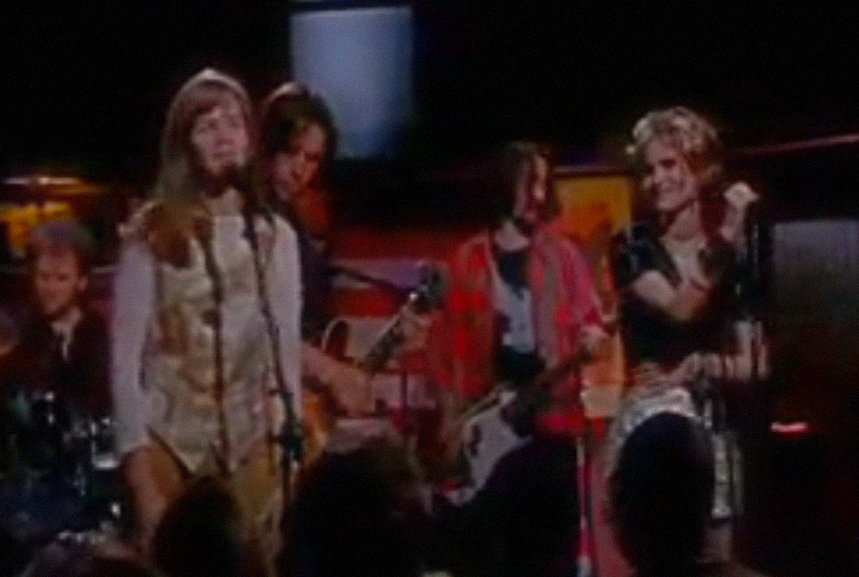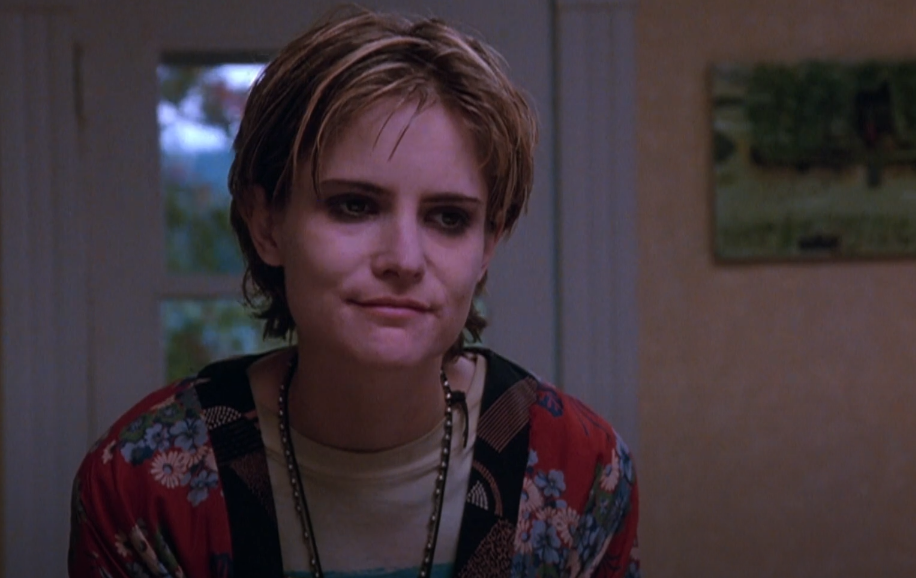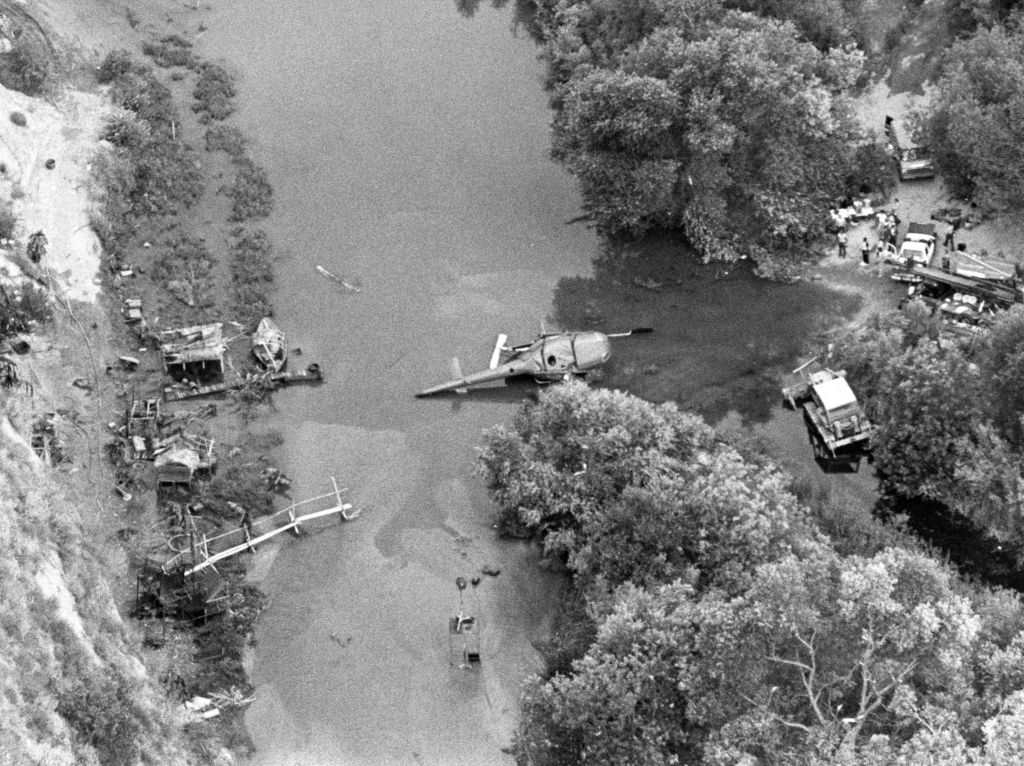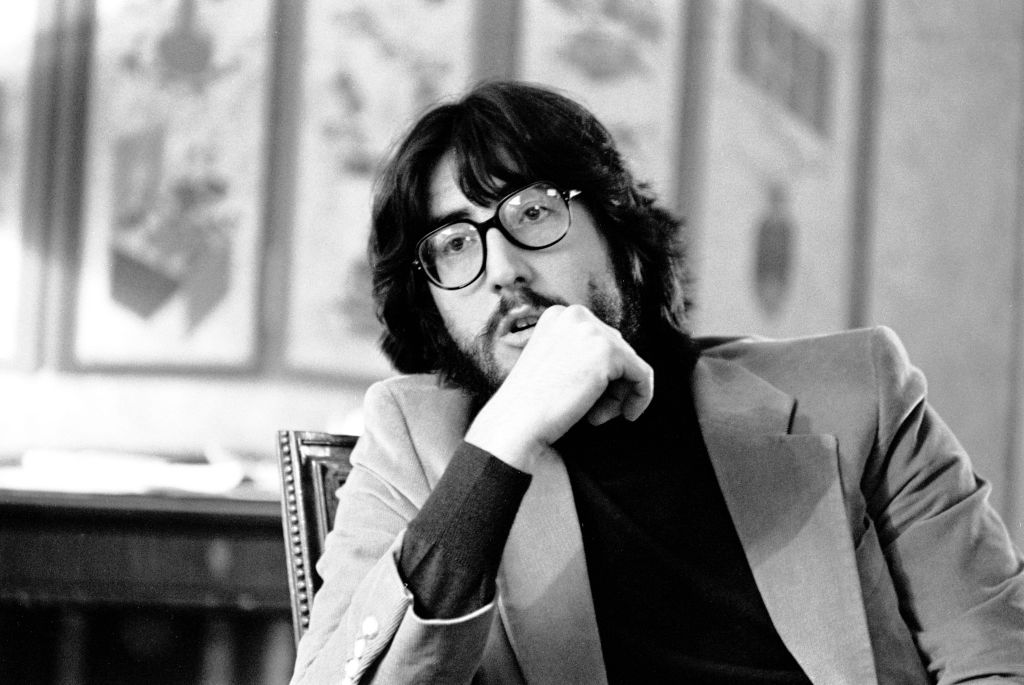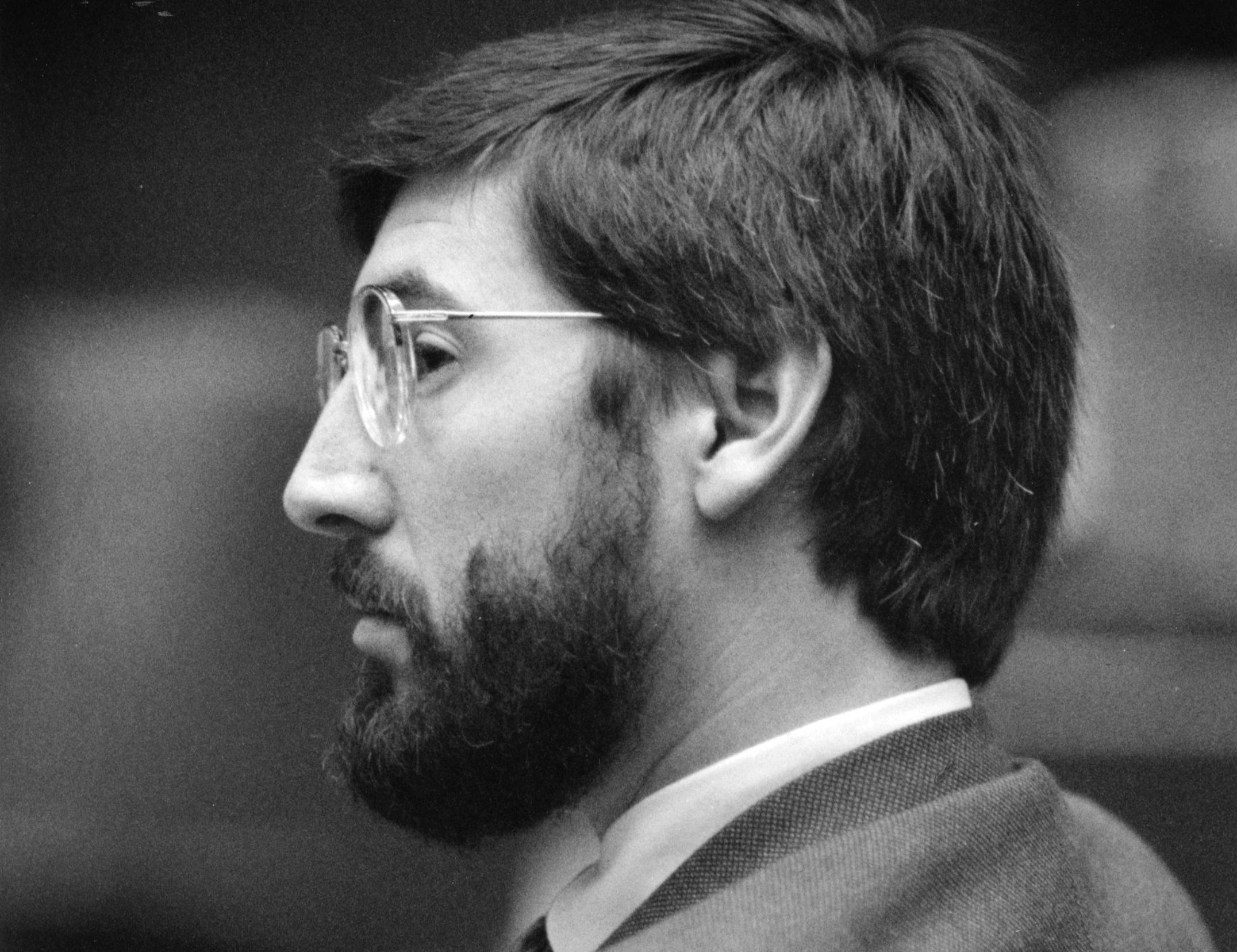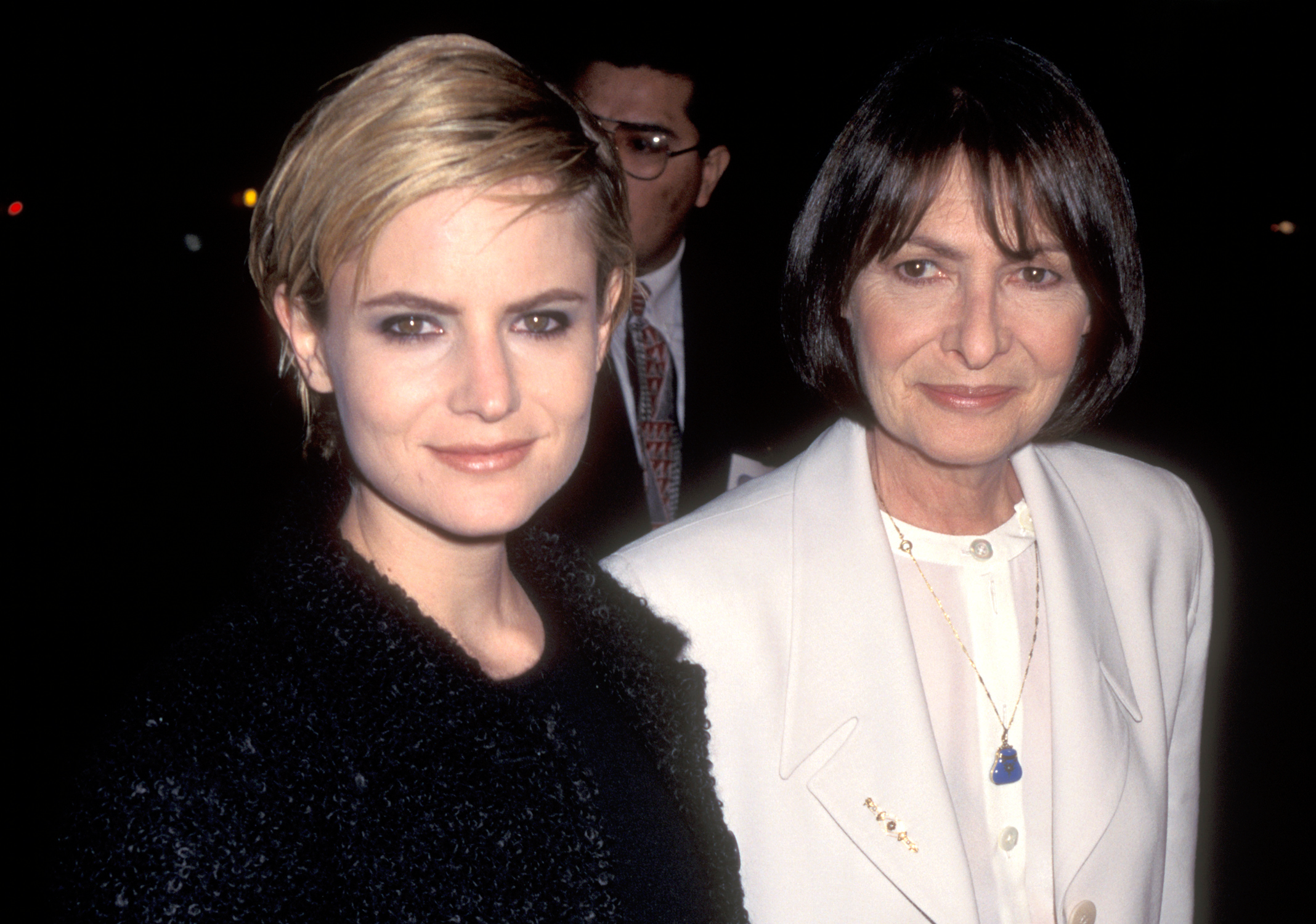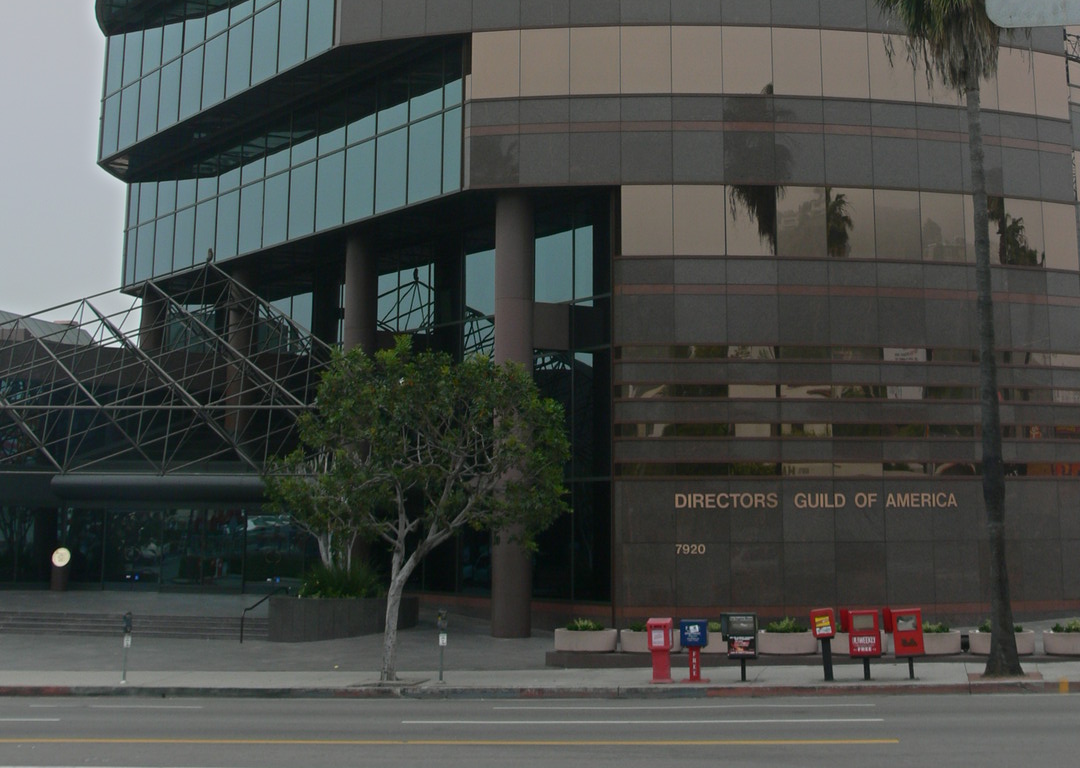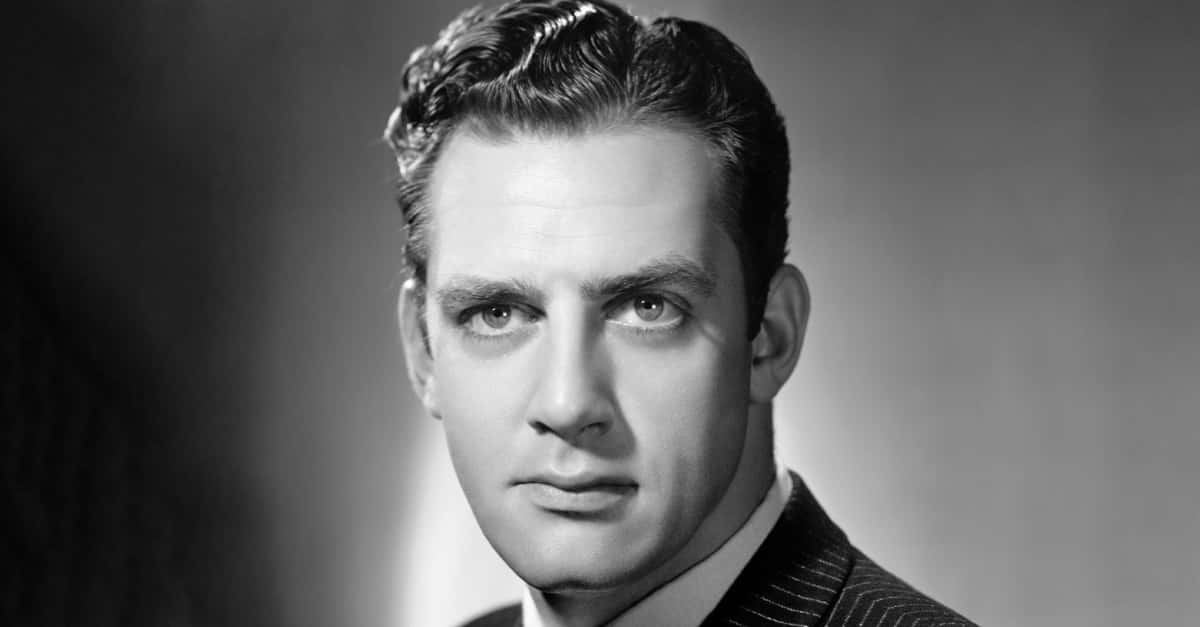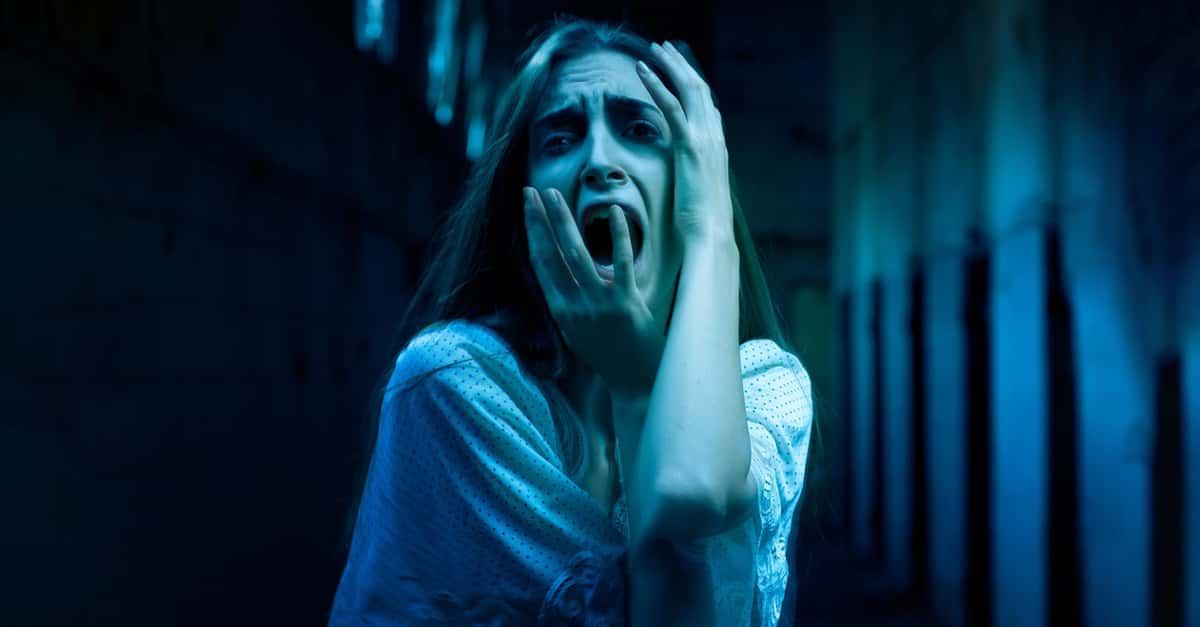He Went Down In History
Actor Vic Morrow should have gone down in Hollywood history for two things: playing scary bad guys and as the hero in TV’s Combat! Then, an explosive on-set accident catapulted his name into a different kind of history. This gruesome disaster took three lives and forever changed the way we make movies.
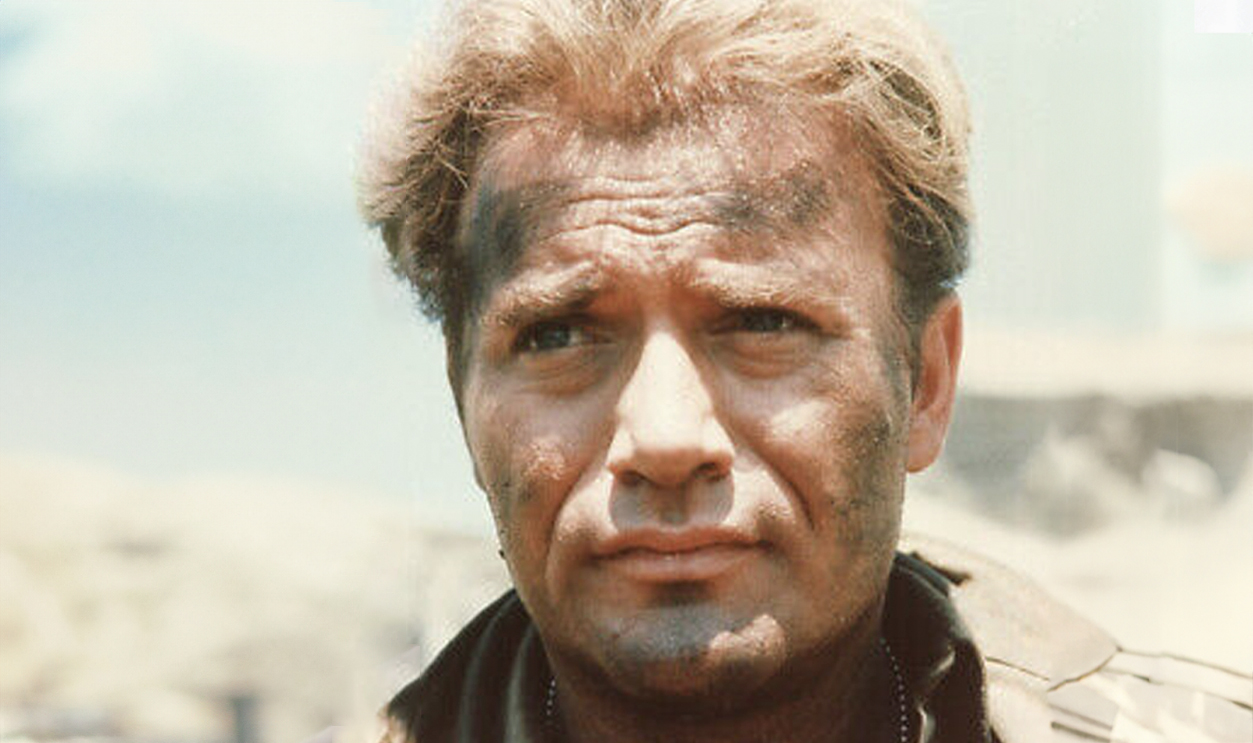
1. He Wasn’t Good At School
Vic Morrow was born on Valentine's Day in 1929 in the Bronx borough of New York City. His parents—who named their son Victor Morozoff—were both immigrants from Russia and the family soon moved to Ashbury Park, New Jersey. School wasn’t exactly Morrow’s strong suit.
2. He Signed Up
As a teenager, Morrow was desperately looking for a way out of school, and one quickly arrived. It was the United States Navy. He dropped out of high school and signed up for duty. As it turned out, Morrow may have had an ulterior motive for enlisting.
3. He Followed The Sun
Morrow clearly wasn't dreaming about a life in the service. He quickly left the Navy, using the GI Bill to get an education. He chose to study pre-law, and he went to sunny Florida to do it. But Morrow soon found that there was something he liked even better than being a lawyer.
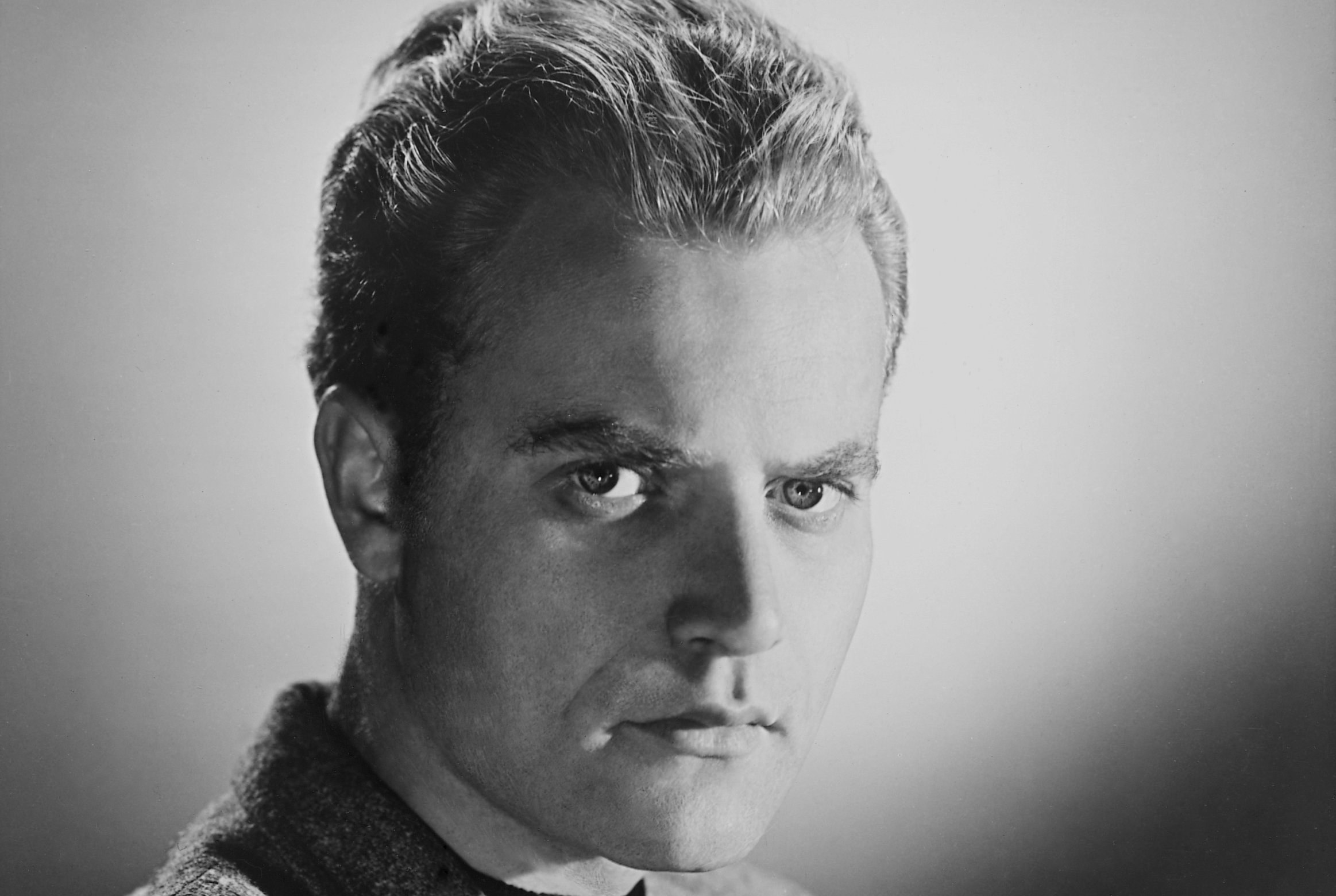 Silver Screen Collection, Getty Images
Silver Screen Collection, Getty Images
4. He Had A Realization
While studying at Florida State, Morrow got a part in a school play. He quickly realized that this was what he wanted to do with his life. He left Florida entirely and headed to New York City, where he started taking acting lessons. It didn't take long before he started making a splash.
5. He Got The Lead Part
Right out of acting classes, Morrow got a coveted role in a touring production of A Streetcar Named Desire. He was playing Stanley Kowalski, the same role that had taken Marlon Brando to great fame. Morrow's career was off to an explosive start—but he wanted more.
Working on the stage was great, but he really wanted to make movies.
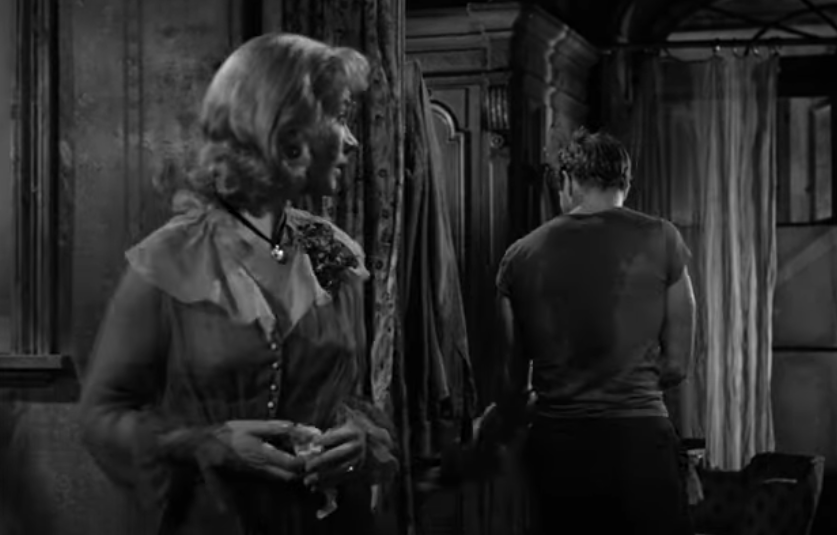 Warner Bros., A Streetcar Named Desire (1951)
Warner Bros., A Streetcar Named Desire (1951)
6. He Got The Call
Back in his acting class, Morrow met a fellow thespian named Barbara Turner. The two hit it off and quickly became a couple. Continued career success soon followed. When Morrow got a call to appear in a movie, the two packed their things and made the move to sunny Los Angeles.
Their future was bright. No one could have imagined the horrific fate that lay ahead.
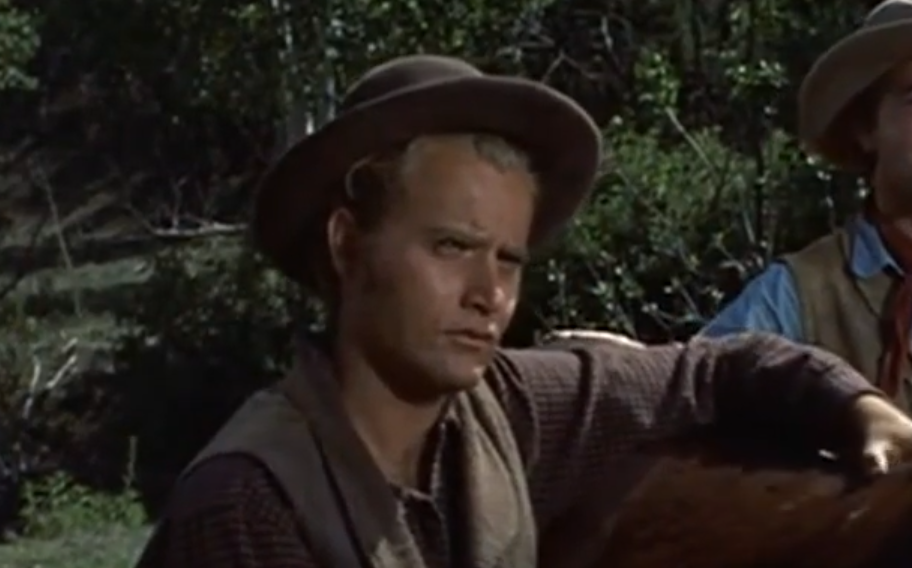 MGM, Tribute to a Bad Man (1956)
MGM, Tribute to a Bad Man (1956)
7. He Was Too Old
Even though Morrow had played a very grown-up Kowalski in A Streetcar Named Desire, he was heading back to high school in his first film role. In Blackboard Jungle he plays a rebellious high school student. When he made the film, he was 26 at the time and looked it. But that wasn't the only problem people had with the film.
8. He Couldn’t Let Go
Blackboard Jungle was controversial, as it showed teen violence in a high school. It was subsequently blamed for an outbreak of vandalism and attacks by teenagers around the world. But for Morrow, it hit even closer to home.
He played a stone-cold psychopath in the film, and the character reportedly stuck with him for a long time after filming wrapped.

History's most fascinating stories and darkest secrets, delivered to your inbox daily.
9. He Was Bad
Whatever haunted Morrow so much, MGM clearly liked. They quickly put him in the Western, Tribute to a Bad Man. Although he wasn’t the titular Bad Man, he was still playing a villain. The young actor's career was young, but he had started to notice a pattern.
Morrow was getting typecast right out of the gate—so he decided to do something about it.
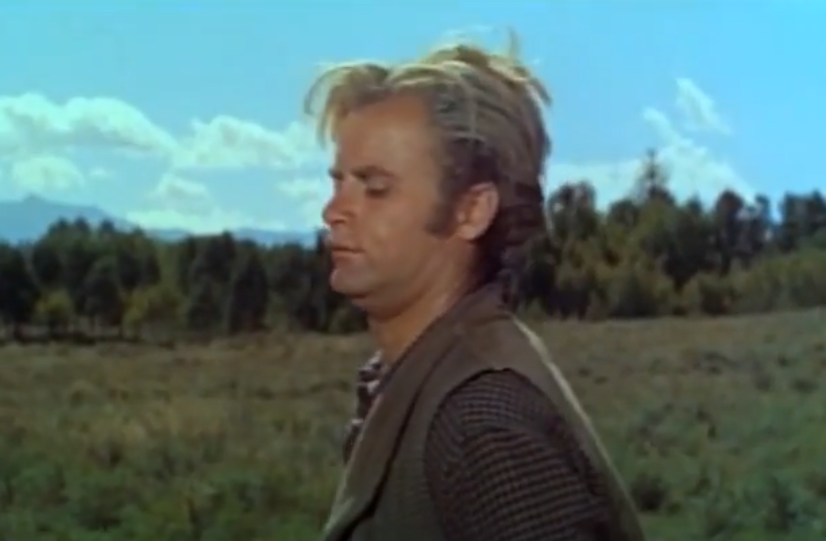 MGM, Tribute to a Bad Man (1956)
MGM, Tribute to a Bad Man (1956)
10. He Went Back To School
Morrow decided to take a huge risk early in his career. Even though he was getting steady work, he said goodbye to MGM—and hello to USC. Morrow knew he needed to open up his career choices, so he went back to school and studied directing. But once he finished school, he went right back to acting.
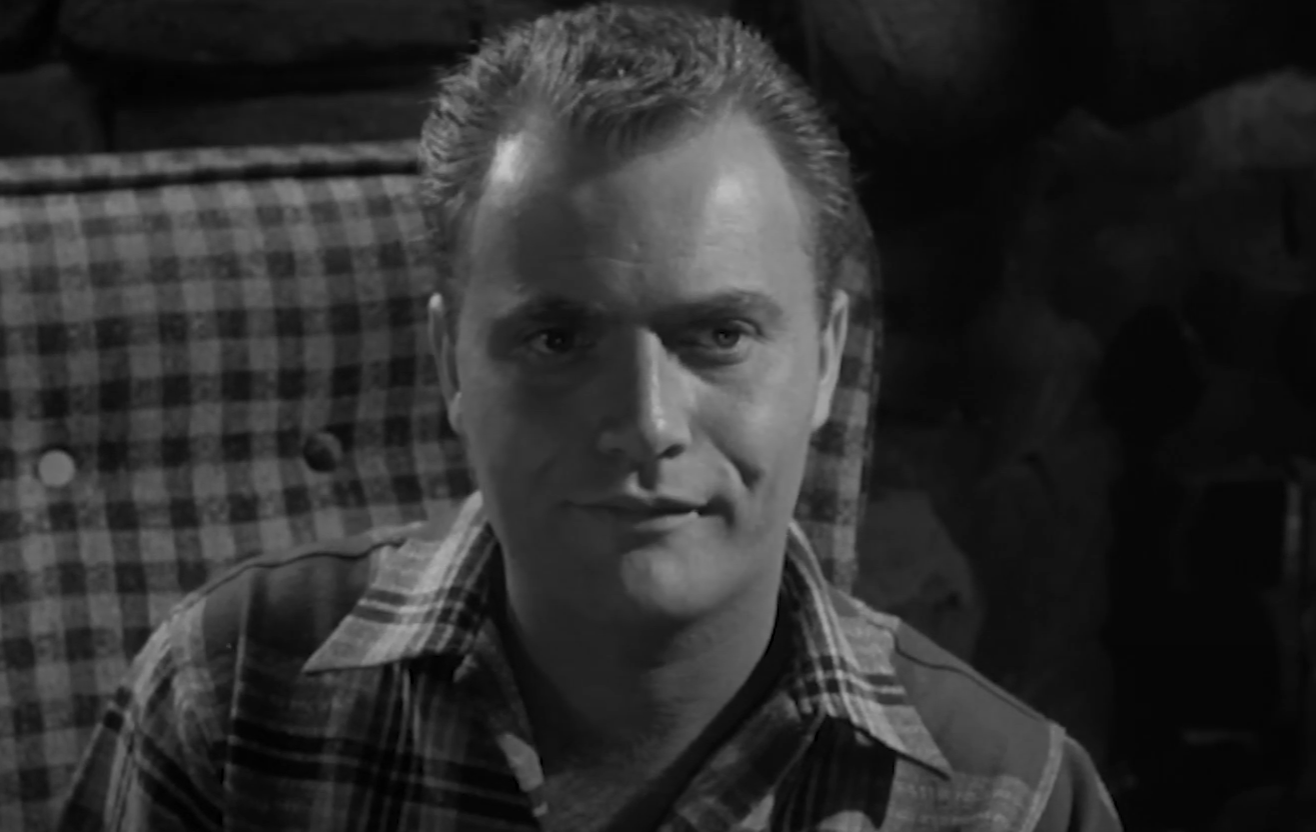 CBS, Alfred Hitchcock Presents (1955-1962)
CBS, Alfred Hitchcock Presents (1955-1962)
11. He Hit The Small Screen
After his time at USC Morrow started to appear in TV shows. And lots of them. He made his way through shows like Telephone Time and Alfred Hitchcock Presents. He also found time to marry his girlfriend. In 1957, actor and writer Barbara Turner became his wife. But happily ever after wouldn't be in the cards for them.
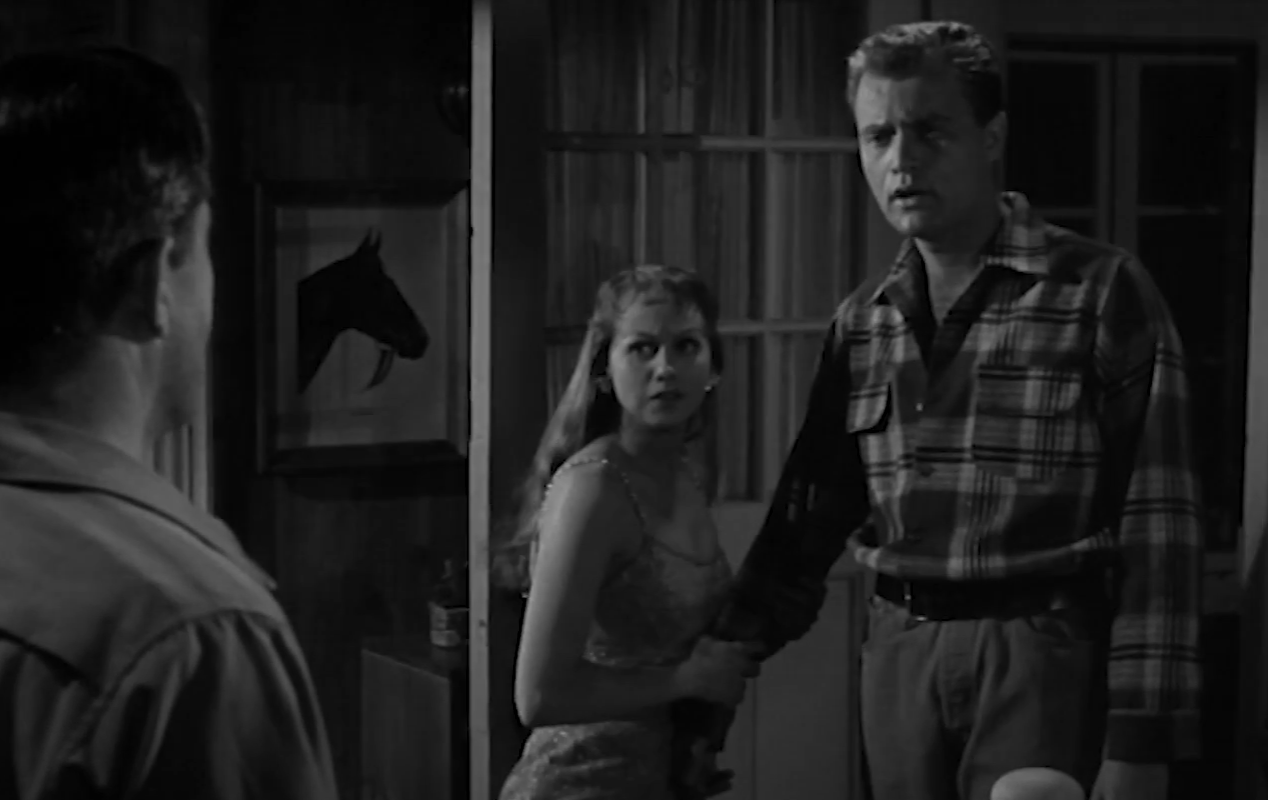 CBS, Alfred Hitchcock Presents (1955-1962)
CBS, Alfred Hitchcock Presents (1955-1962)
12. He Was The Heavy
If Morrow was looking for a way to stop playing the villain, Hell’s Five Hours was certainly not it. In this film, Morrow’s character takes his boss’ wife and child into a rocket fuel factory and threatens to let the whole thing—and everyone in it—go up in flames.
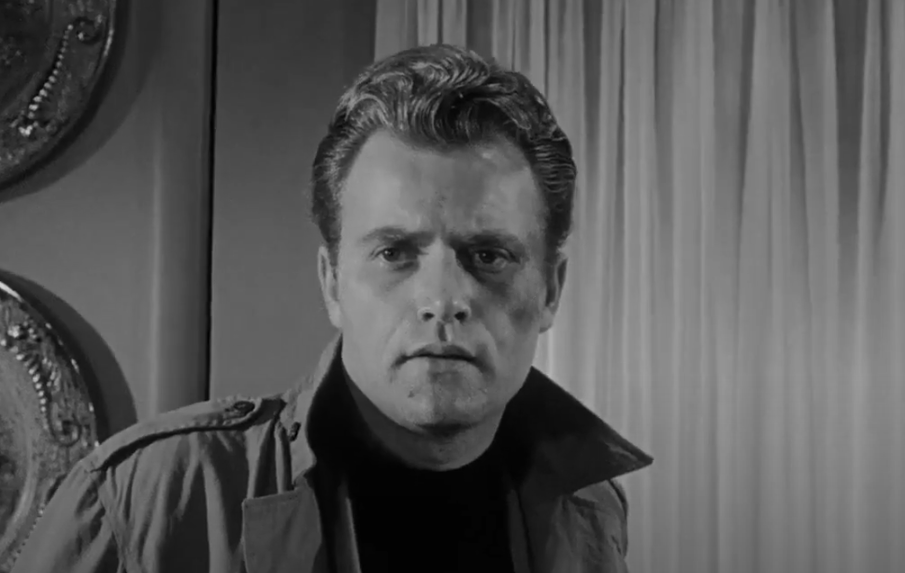 Muriel Corporation, Hell's Five Hours (1958)
Muriel Corporation, Hell's Five Hours (1958)
13. He Did A Musical
Next, Morrow made a move to a musical—but despite the change in genre, he couldn't shake his typecasting. He appeared in the Elvis Presley film King Creole, as, get this: a thug.
While the move to a musical did nothing to stop his typecasting, the film ended up being a big hit with audiences. Even though Morrow's career was still thriving, he wasn't satisfied.
14. He Wanted Something Different
Following the musical with Presley, Morrow dug back mostly into TV work. Sadly, it seemed that most producers and directors still just wanted him to play menacing characters. Morrow was feeling fed up, and then a phone call changed everything.
15. He Was One Of Two
In the early 1960s, writer/director Robert Pirosh wanted to make a TV program that showed the reality of men fighting for their country. For his show Combat!, he chose to focus on WWII and had two lead actors in mind. They were Rick Jason and Vic Morrow.
Morrow was finally going to play a hero. But it wasn't necessarily all he dreamed of...
16. He Hesitated
Morrow was hesitant to even sign on for Combat! as he wasn’t on board with the pilot script. He did go ahead and film the pilot, but still considered quitting the show in order to preserve his reputation. As it turned out, his co-star—Jason—had a similar problem. Things did not look good for this scrappy little WWII show.
17. He Got His Way
So, both leads in Combat!—Morrow and Jason—weren’t happy with the show’s creator and writer. To keep the stars happy, ABC fired Pirosh and replaced him with a new producer: future New Hollywood pioneer, director Robert Altman.
It looked like Morrow was set for a hit series.
18. He Did Boot Camp
The focus of Combat! was on authenticity. Many of the actors featured in the show—like Morrow—had actual combat experience. To take this a step further, Morrow and other members of the cast had to go through basic training.
19. He Got Some Advice
Another thing that had to be authentic was the acting. Instructors had one main requirement: Don’t act like John Wayne. Apparently, people who actually went through a battle (Wayne never did) thought that the Duke's acting wasn’t at all realistic.
20. They Fought For The Top
The idea behind Combat! was that each episode would focus more on one of the two leads than the other. For this reason, they had to have two different sets of opening credits. One would have Morrow’s name on top, and the other would have Jason’s.
If you want to know which one was more popular, you just need to look at the Philippines.
21. He Was Popular In Asia
Combat! became very popular in the Philippines in the 1970s. Because of the scarcity of TVs in the poor country, fans of the show would gather in the one or two houses in the neighborhood that had a set. But there was only one name they wanted to see when the credits started to roll.
22. He Made Them Stay
If the opening credits had Morrow’s name above Jason’s, the Filipino fans would stay put. If it was the other way around, many would leave. The simple reason was that Morrow’s stories had more action and Jason’s had more talking. The former was essential viewing, and the latter was skippable.
Clearly, Morrow had the Juice—and he didn't want to slow down.
23. He Leveraged
Combat! was an instant success and Morrow soon found a way to make it even more of a success. He had never forgotten about taking directing classes back at USC, and so he asked producers if he could give directing a chance.
They said yes, and Morrow was ready to flex his muscles.
24. He Was A Master
Morrow’s co-star on Combat! Rick Jason didn’t hold back on his praise. He called Morrow “a master director” and even said that a two-part episode of Combat! was “one of the greatest anti-war films” he’d ever seen. This compliment made Morrow feel like he could do anything.
But there's a fine line between confidence and hubris...
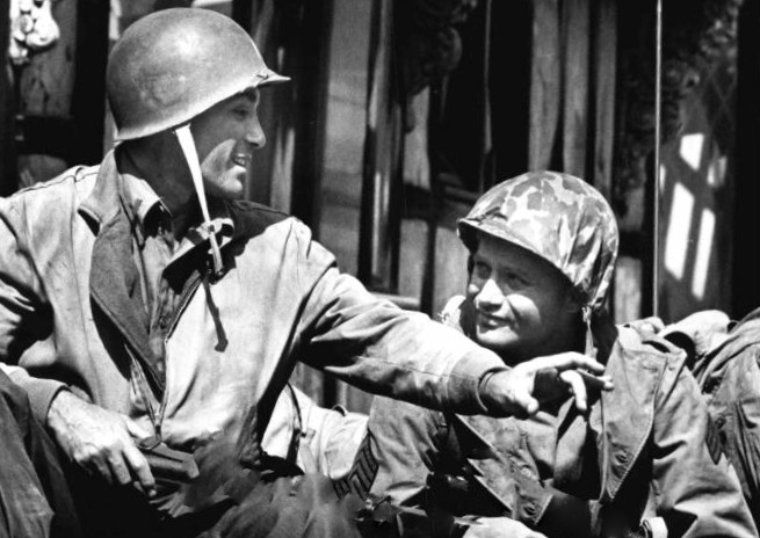 ABC Television, Wikimedia Commons
ABC Television, Wikimedia Commons
25. He Went Art House
While still making Combat!, Morrow decided to try arthouse filmmaking. He started with an adaptation of a play by gay French writer Jean Genet. This was Haute Surveillance, about four prisoners’ troubled relationships.
For the film script, he turned to someone close at hand.
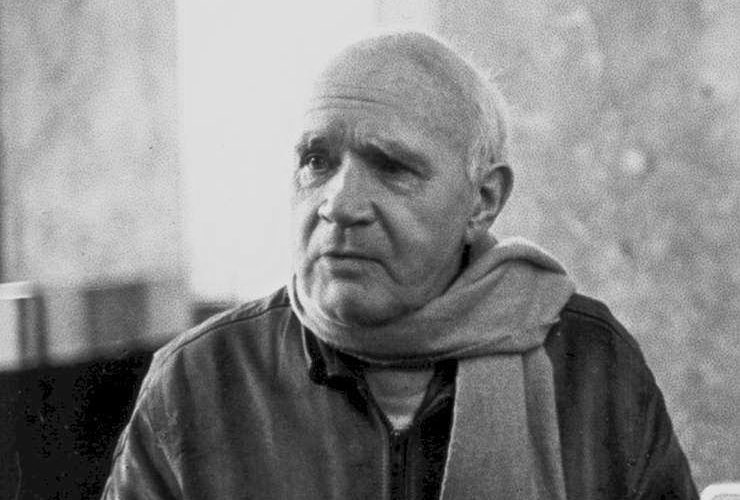 International Progress Organization, CC BY-SA 3.0, Wikimedia Commons
International Progress Organization, CC BY-SA 3.0, Wikimedia Commons
26. She Joined Him
Remember, Morrow’s wife Barabara Turner was a screenwriter and actor. The two adapted Haute Surveillance together, and then Spock portrayer Leonard Nimoy got on board. Morrow would direct and he and Nimoy would co-produce.
Like in Combat!, Morrow wanted the film to be authentic—and he went to great lengths to do it.
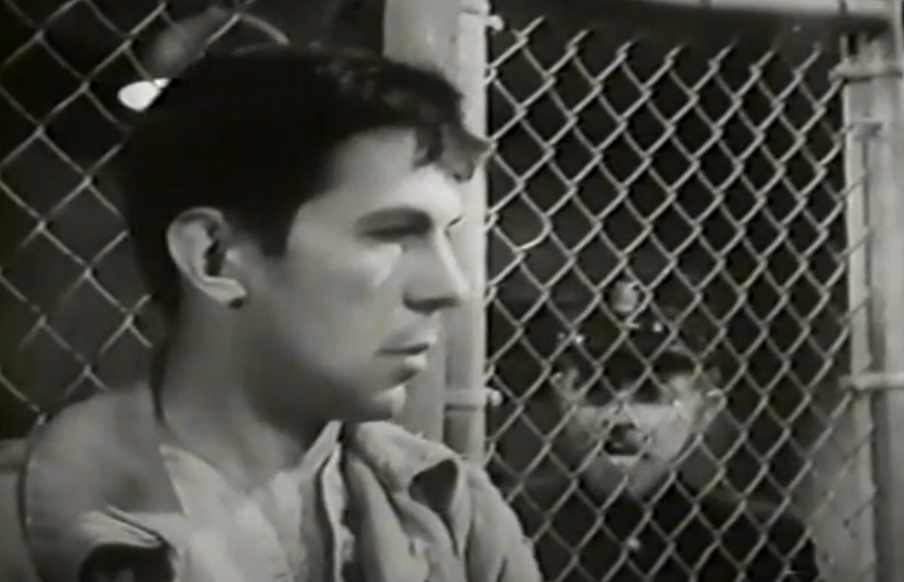 Deathwatch Company, Deathwatch (1965)
Deathwatch Company, Deathwatch (1965)
27. He Put Them In Prison
To make the performances in his film more authentic, Morrow had a major request for his actors. He got them to spend an astonishing six months in the Nevada State Prison. He also got some of the facility's real inmates to work on the film. Morrow was making sure this film would be a success.
He even gave it a catchy new title: Deathwatch.
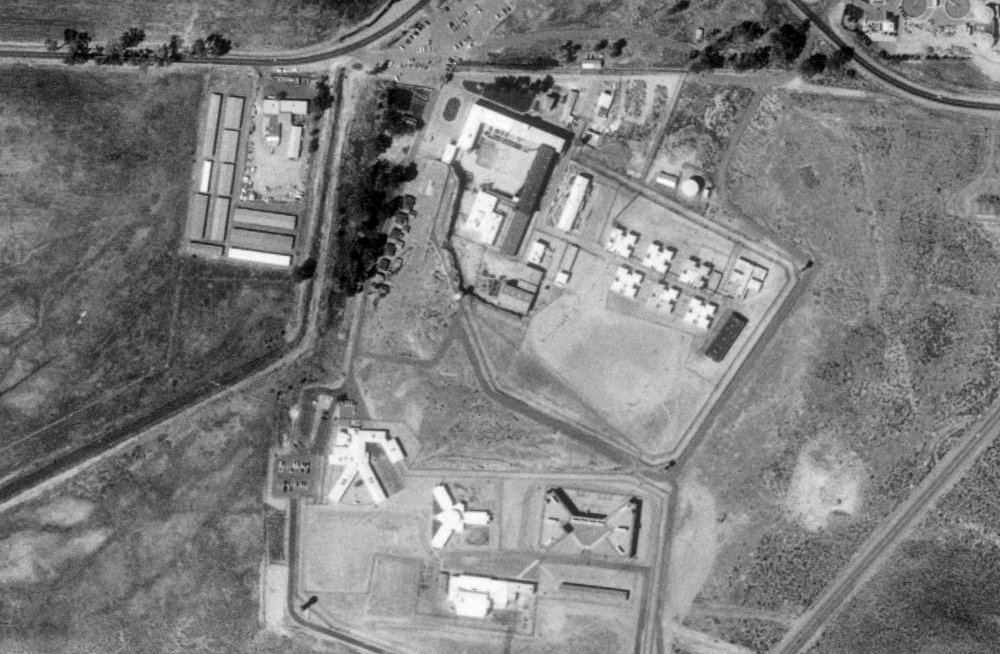 The National Map, United States Geological Survey, Wikimedia Commons
The National Map, United States Geological Survey, Wikimedia Commons
28. It Disappeared
Morrow’s directorial debut has the distinction of being one of the first movies with marketing to gay audiences. Sadly, after its premiere at the San Francisco International Film Festival, it more or less disappeared. Another thing that disappeared was Morrow’s marriage.
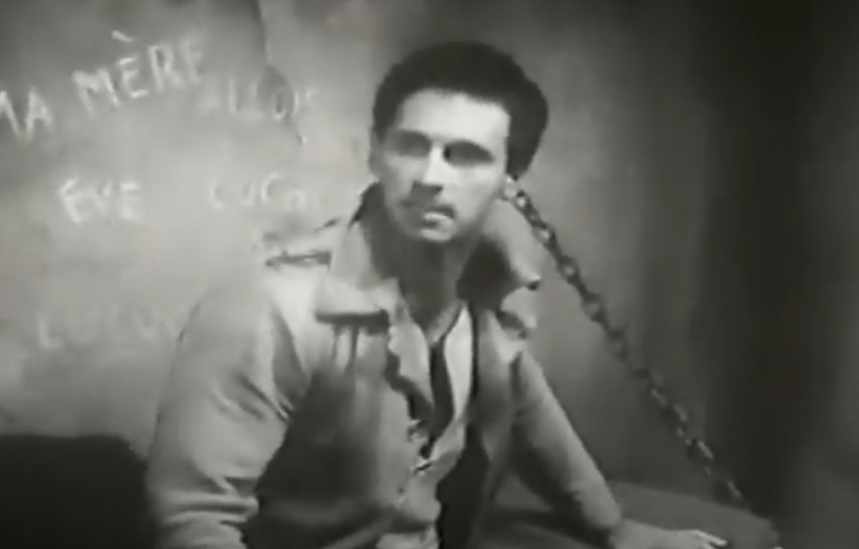 Deathwatch Company, Deathwatch (1965)
Deathwatch Company, Deathwatch (1965)
29. He Honored His Daughters
Morrow’s marriage didn’t quite survive the making of his first film. He and Turner split in 1964. The two had two children while married, Carrie Ann and Jennifer Leigh. To honor his daughters, he set up a production company and called it Carleigh.
What he made with this company wasn’t quite the honor he intended.
 Gage Skidmore, CC BY-SA 3.0, Wikimedia Commons
Gage Skidmore, CC BY-SA 3.0, Wikimedia Commons
30. He Tried A Western
After making an LGBTQ-focused arthouse feature that next to nobody saw, Morrow turned to the ever-popular Western genre. The result was A Man Called Sledge, which he filmed in Italy. While filming, the cast came up with a nickname for the film, and it wasn’t complimentary.
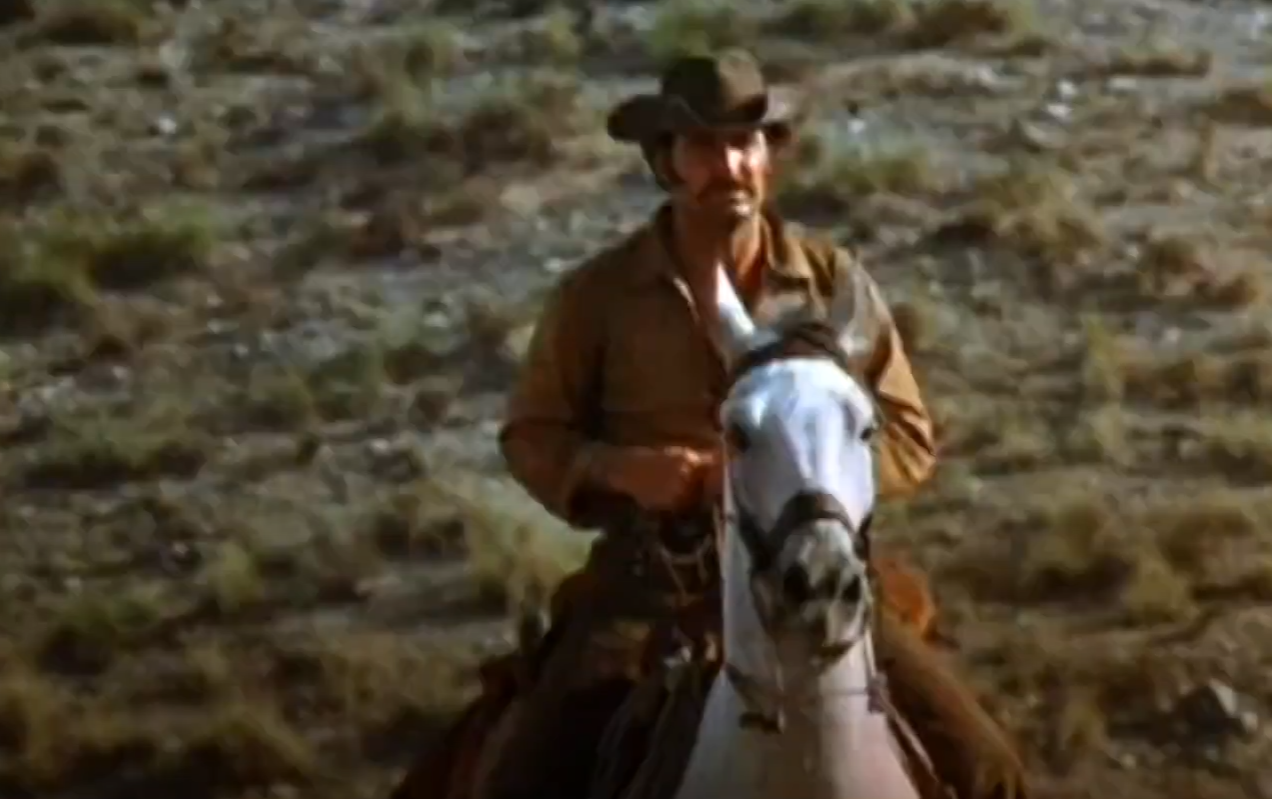 Columbia, A Man Called Sledge (1970)
Columbia, A Man Called Sledge (1970)
31. It Was Sludge
The actors in A Man Called Sledge started calling it “A Man Called Sludge”. Morrow was both the director and co-writer, so when the lead actor—James Garner—said it was “one of [his] least favorite films,” it must've really hurt.
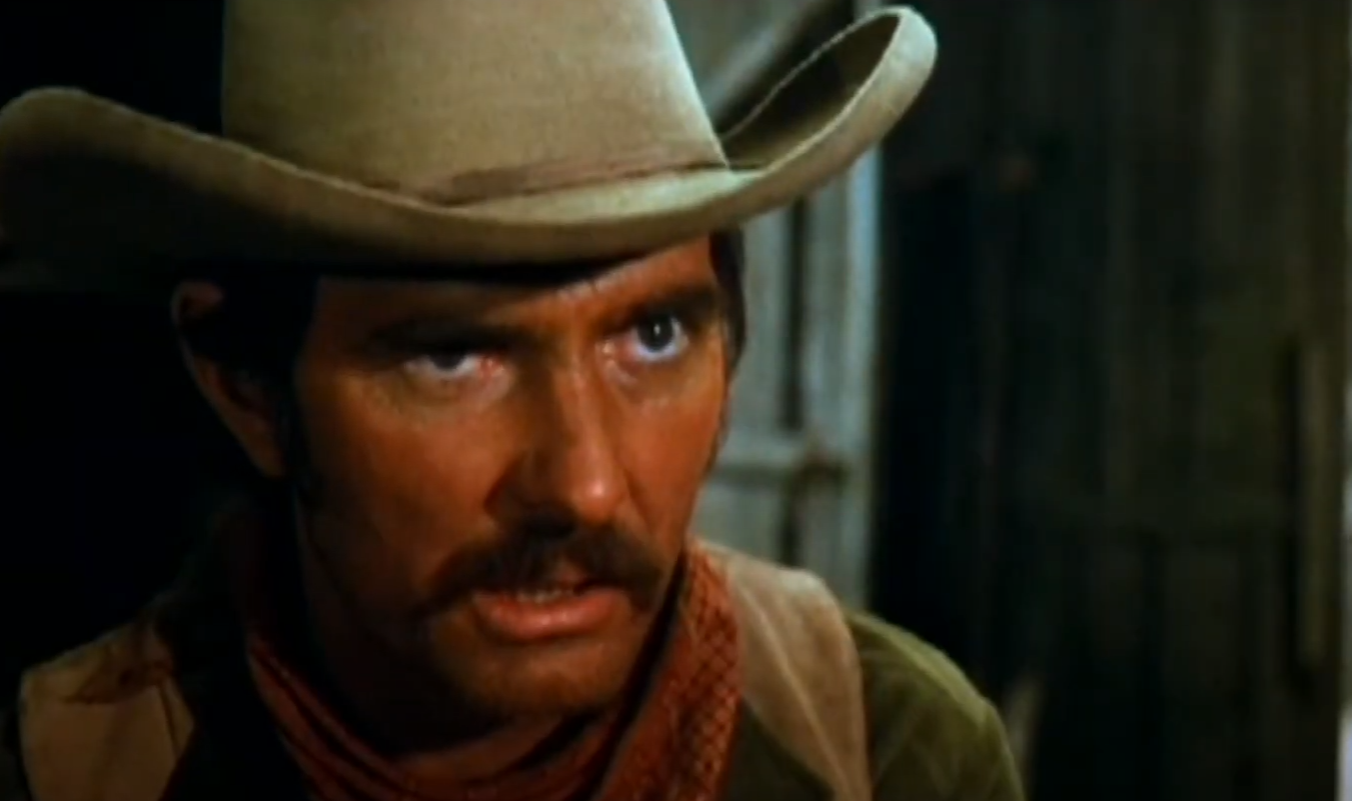 Columbia, A Man Called Sledge (1970)
Columbia, A Man Called Sledge (1970)
32. He Did A Lot Of TV
Morrow didn’t let the failure of A Man Called Sledge bother him. He continued acting in TV series and directing TV movies. He did everything from Mission Impossible to Charlie's Angels. Certainly, this TV work was paying the bills, but it seemed that Morrow was just waiting for a big movie break.
One soon came along.
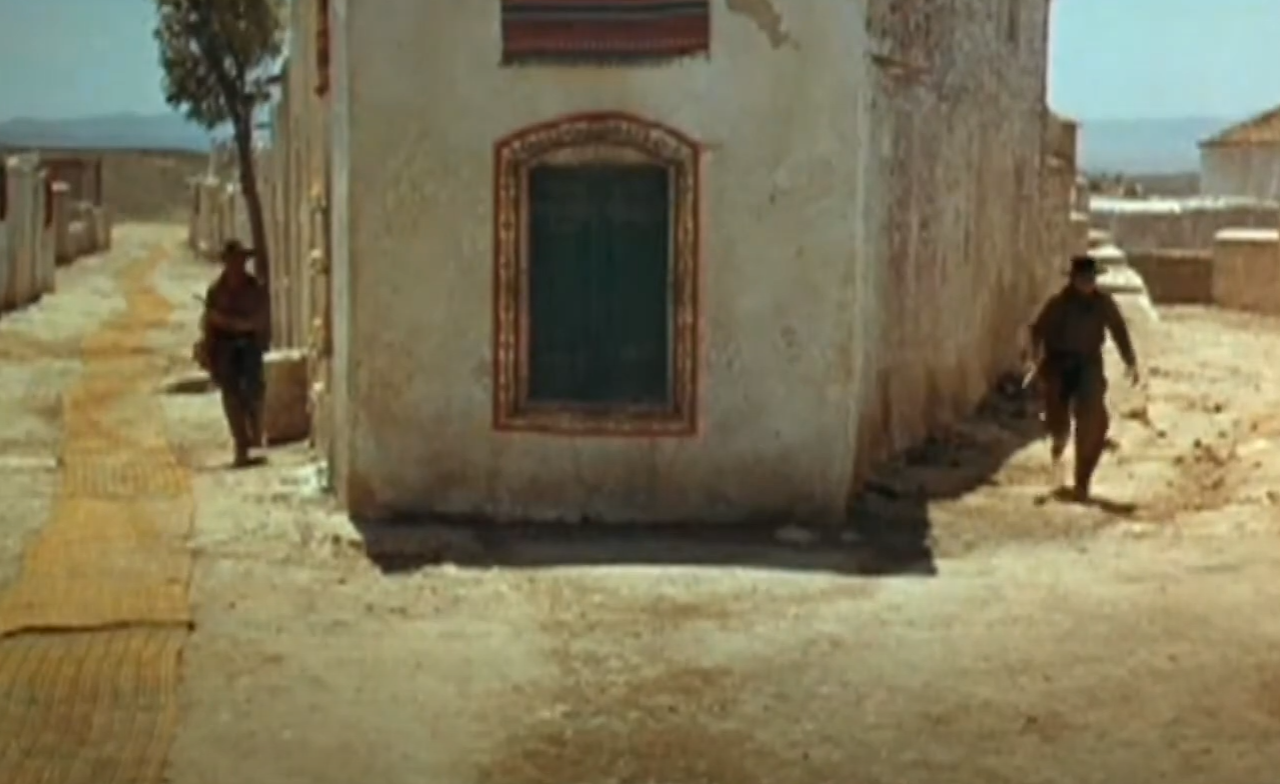 Columbia, A Man Called Sledge (1970)
Columbia, A Man Called Sledge (1970)
33. He Got His Big Chance
In 1974, Morrow got the chance to appear opposite counterculture actor Peter Fonda, who’d earned a hip following from 1969’s Easy Rider. The film was Dirty Mary Crazy Larry and this time Morrow wasn’t going to be a thug, but an officer of the law.
Somehow he still came across as the heavy.
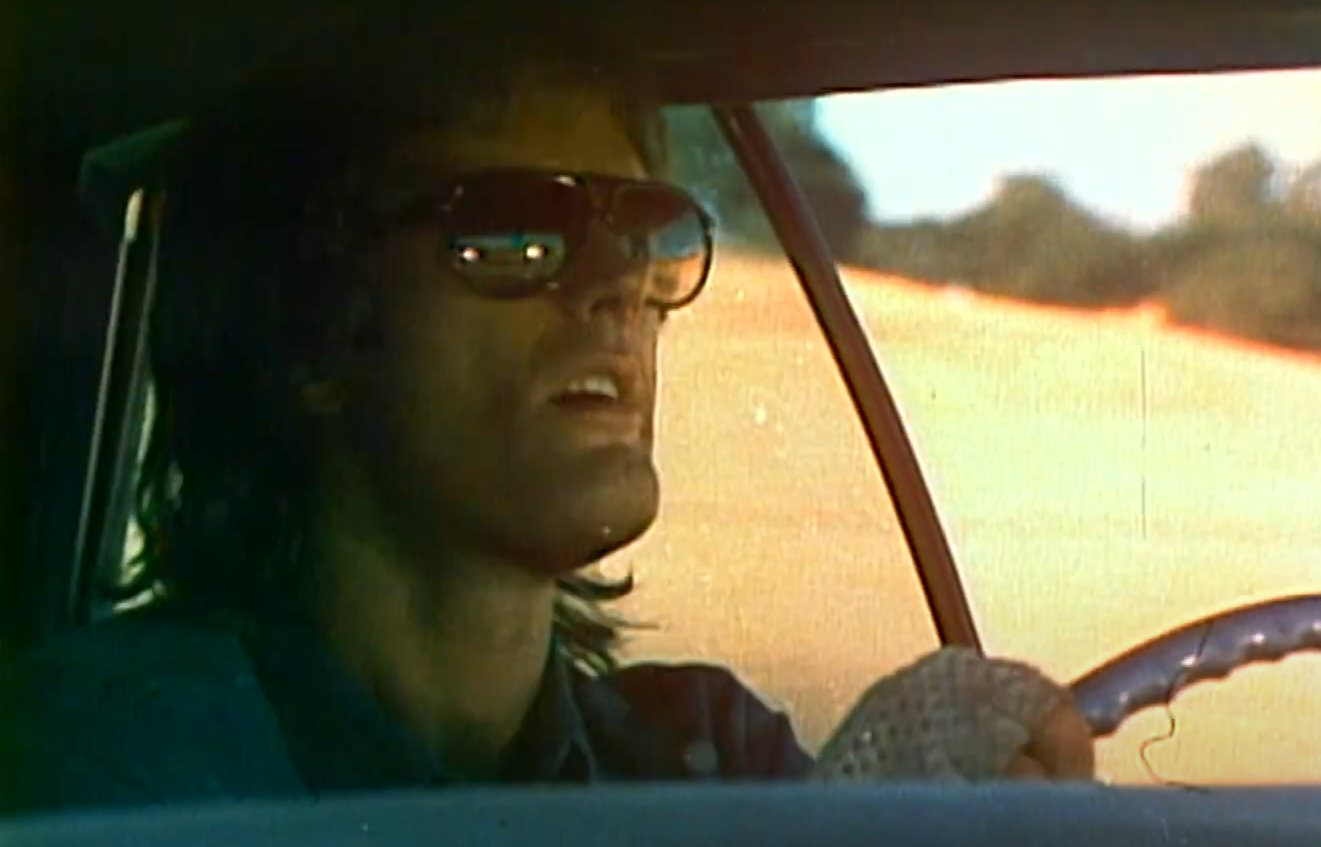 Twentieth Century, Dirty Mary Crazy Larry (1974)
Twentieth Century, Dirty Mary Crazy Larry (1974)
34. He Wasn’t The Cool One
Even though Morrow was now on the right side of the law, he was still on the wrong side of this film. Even though Mary and Larry had held up a store, they were more like the heroes of this film. Morrow had the unenviable task of chasing them down.
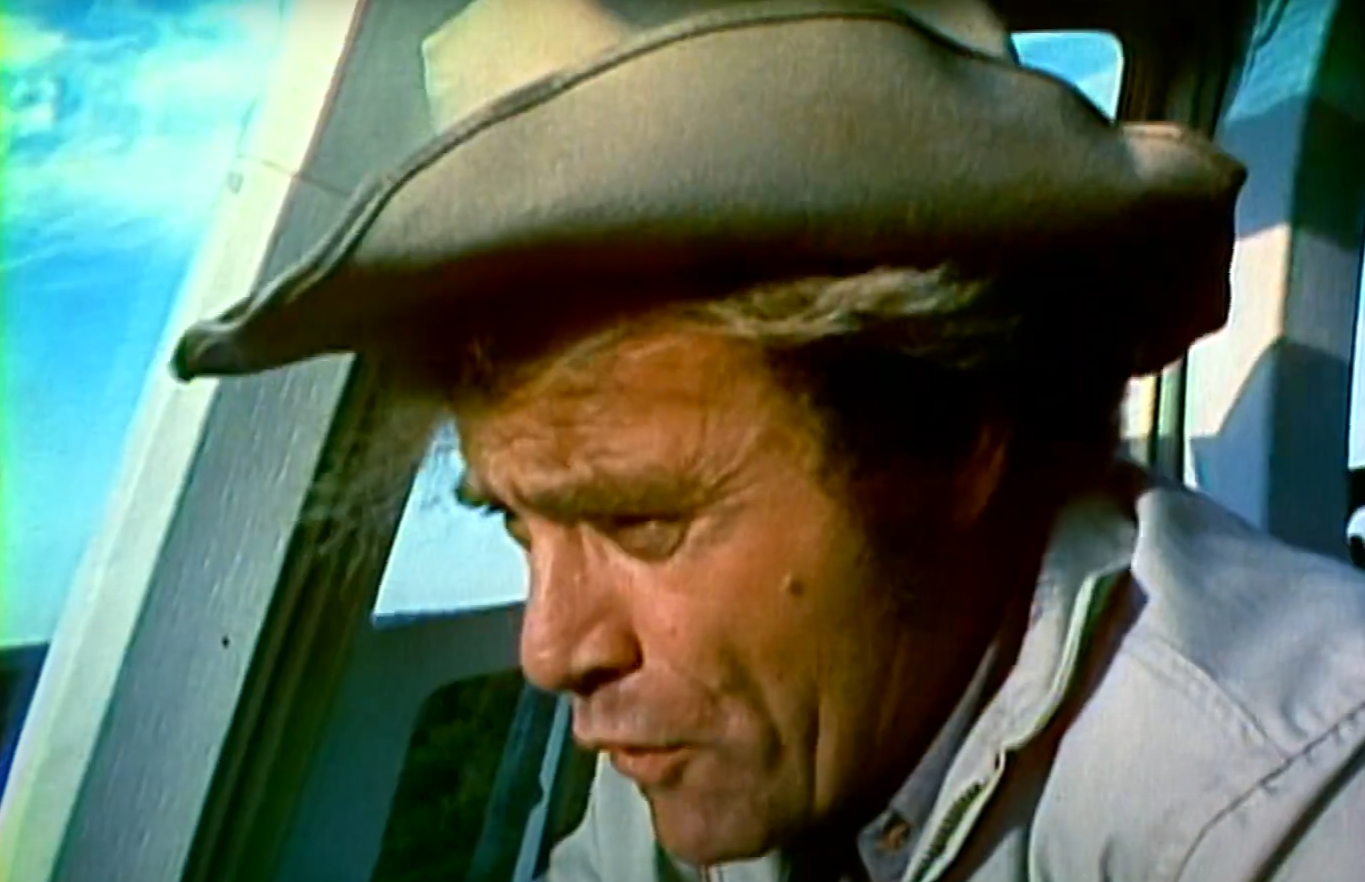 Twentieth Century, Dirty Mary Crazy Larry (1974)
Twentieth Century, Dirty Mary Crazy Larry (1974)
35. He Threatened To Quit
Something eerie happened on the set of Dirty Mary Crazy Larry. The script called for Morrow’s character to chase the thieves in a helicopter. Morrow was hesitant to get in the helicopter and said he’d walk off the film if he didn’t get $1 million in life insurance.
The reason why he did this is more than a little ominous.
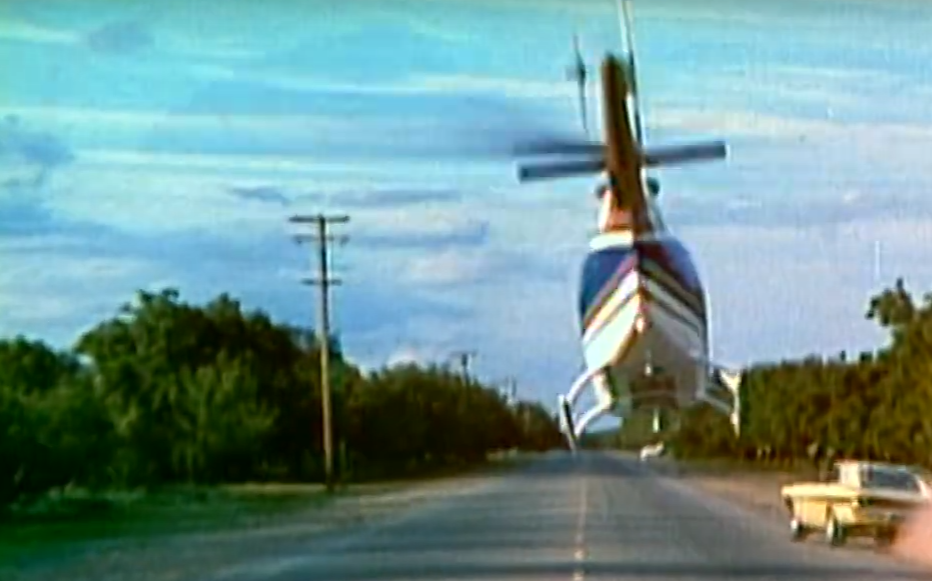 Twentieth Century, Dirty Mary Crazy Larry (1974)
Twentieth Century, Dirty Mary Crazy Larry (1974)
36. He Saw It Coming
Everyone on Dirty Mary Crazy Larry wanted to know why Morrow was afraid of getting in the helicopter. He finally gave the reason, and it was a doozy. Reportedly, his exact words were: "I have always had a premonition that I'll be killed in a helicopter crash!"
Morrow had made a rather accurate prediction about the end of his life.
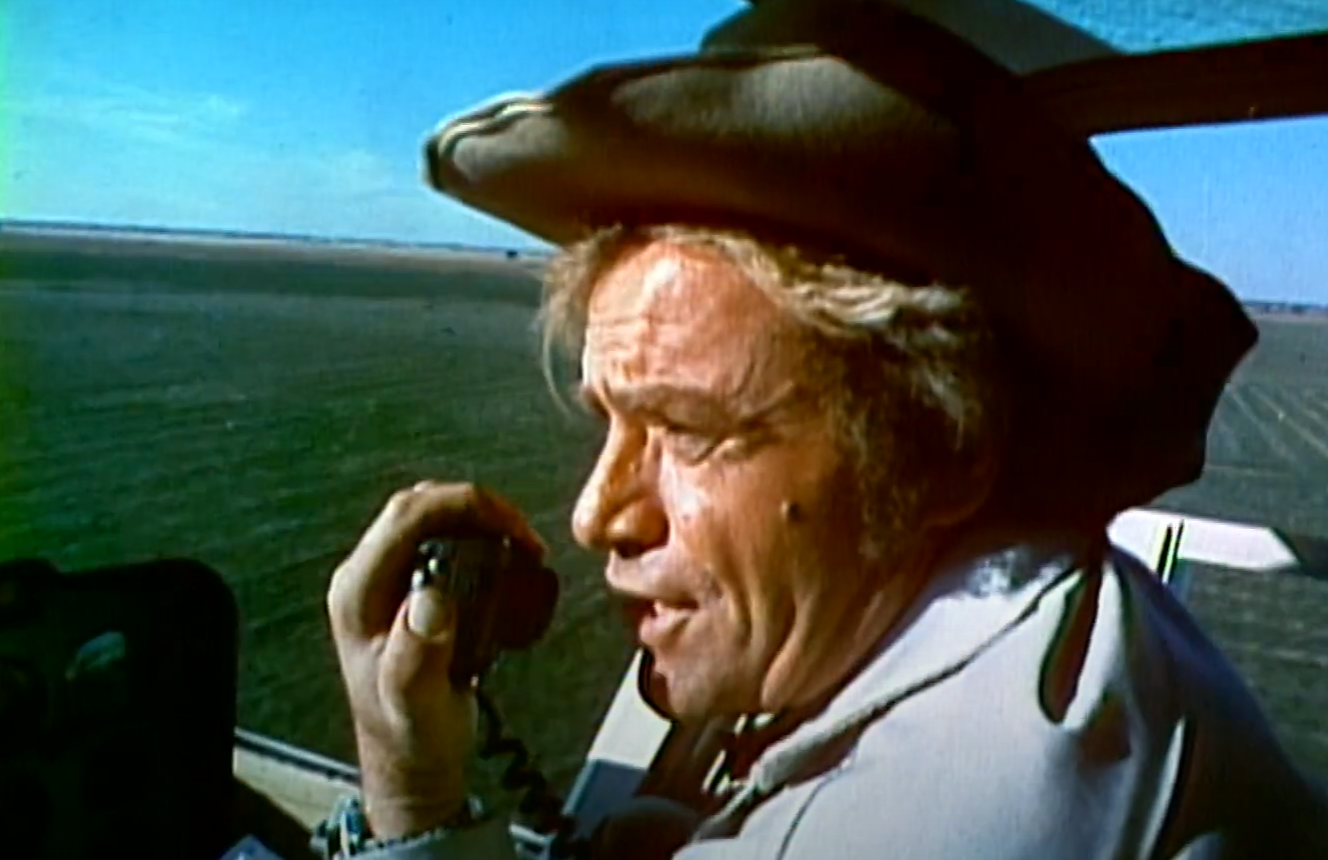 Twentieth Century, Dirty Mary Crazy Larry (1974)
Twentieth Century, Dirty Mary Crazy Larry (1974)
37. He Had Deja Vu
After playing a crazed sheriff in hot pursuit of rebellious hipsters in Dirty Mary Crazy Larry, Morrow got a role in an ABC TV movie called The California Kid. Here he plays a crazed sheriff in pursuit of a very hip-looking Martin Sheen. It was almost like he’d made the same film twice.
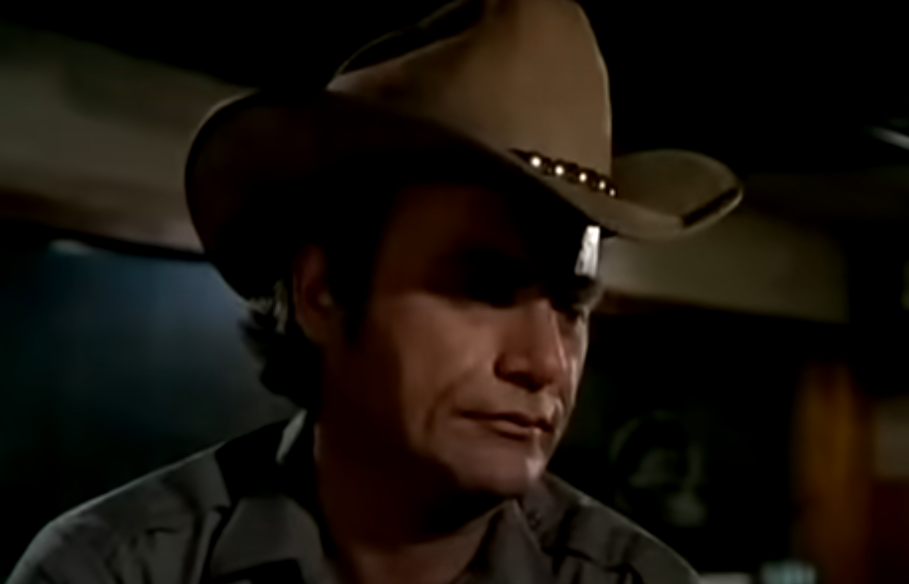 Universal, The California Kid (1974)
Universal, The California Kid (1974)
38. He Was Crazed
Another typecast that Morrow fell into was “crazed vengeance seeker”. He’d done it back in 1958’s Hell’s Five Hours and then again in 1974 in the South African feature Funeral for an Assassin. Here, he launches an assault on the government.
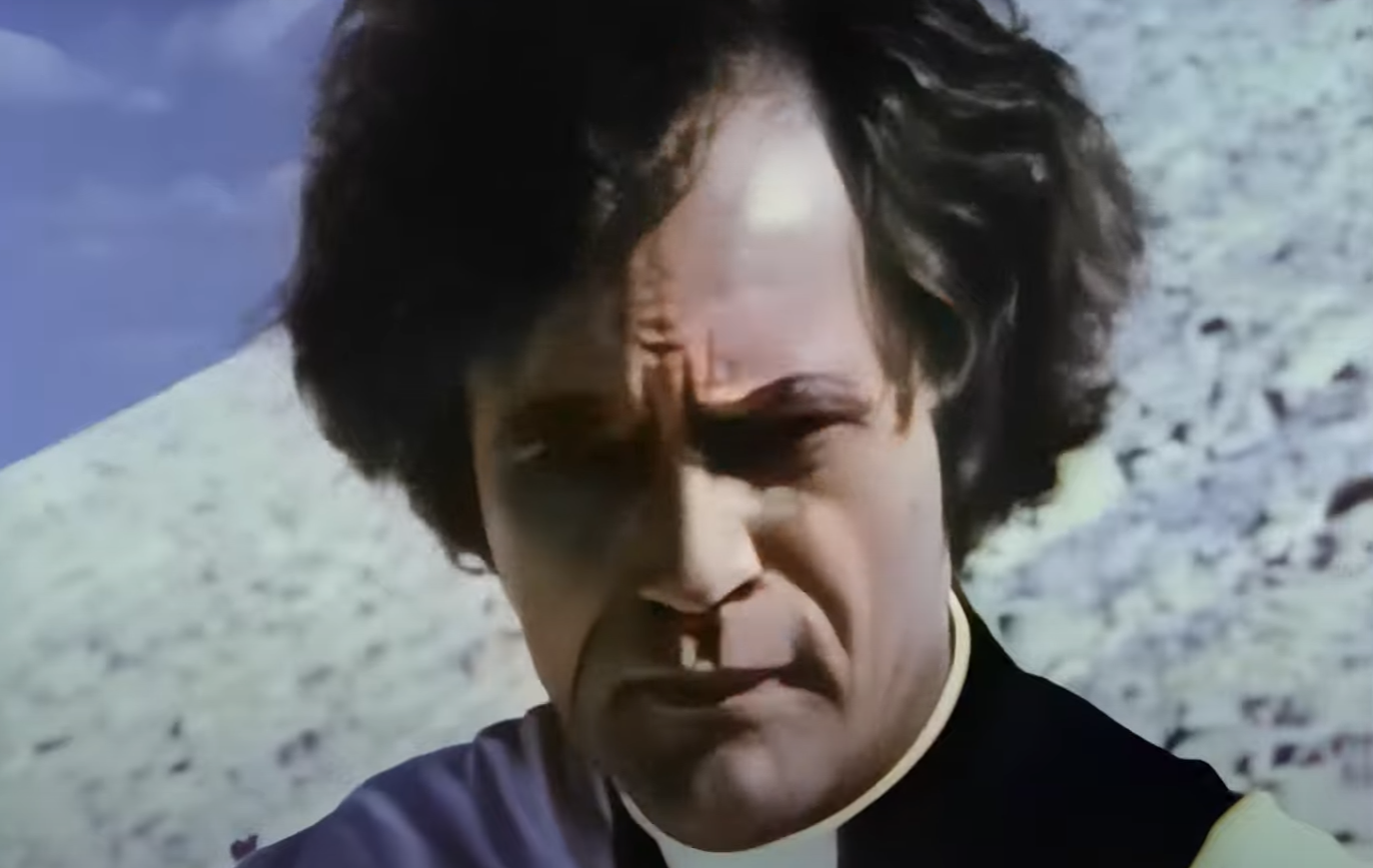 FOAA Productions, Funeral for an Assassin (1974)
FOAA Productions, Funeral for an Assassin (1974)
39. He Caused A Panic
In 1975, Morrow landed a lead role in a provocative TV movie called The Night That Panicked America. This is the movie version of the infamous radio broadcast of War of the Worlds that left many Americans believing that aliens were really invading Earth.
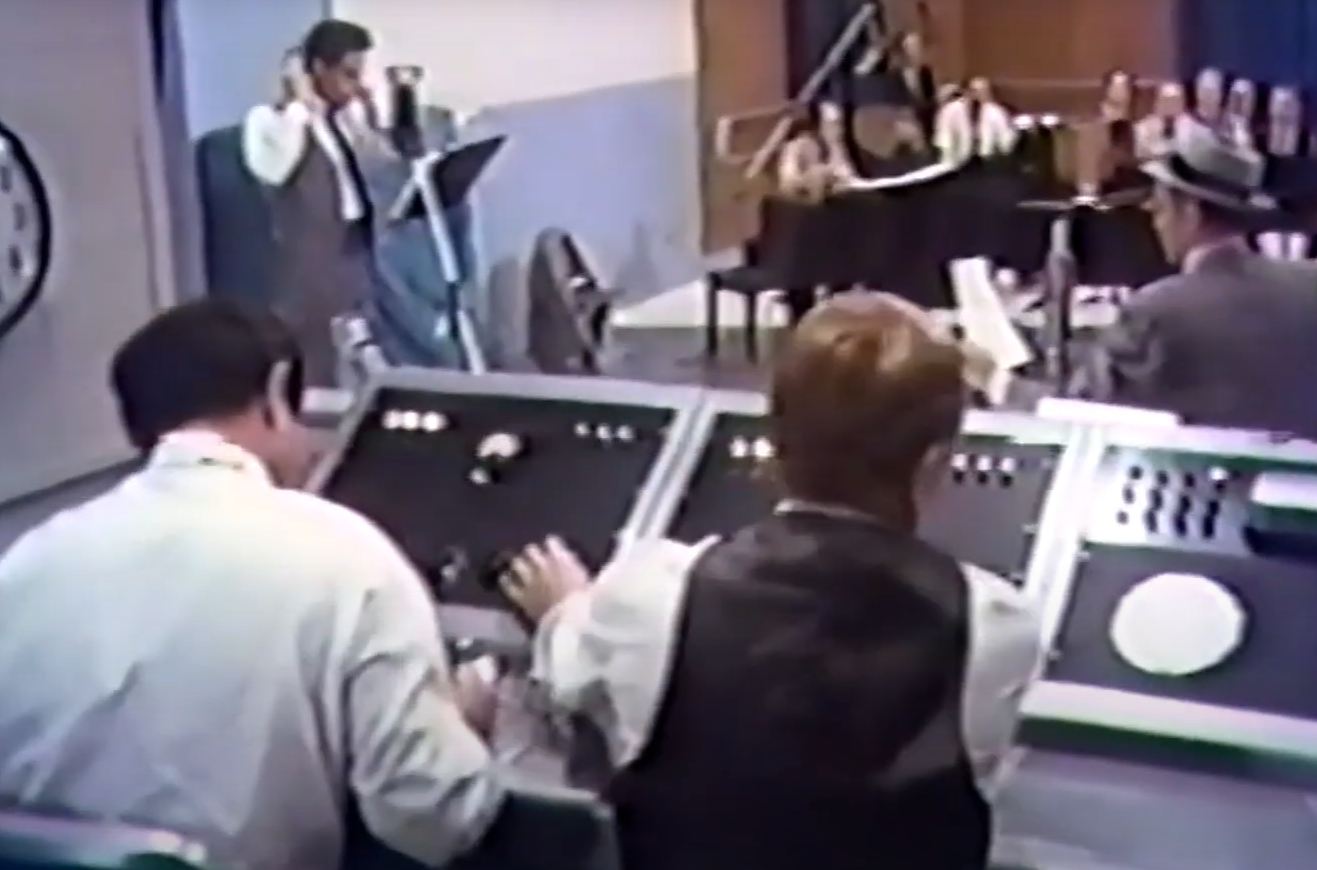 Paramount, The Night That Panicked America (1975)
Paramount, The Night That Panicked America (1975)
40. He Looked Young
Besides aliens, there’s something else strange about The Night That Panicked America. This was Morrow’s age. In the film, Morrow’s character complains that he’s 28 but looks 40. When he filmed the movie he was already 44.
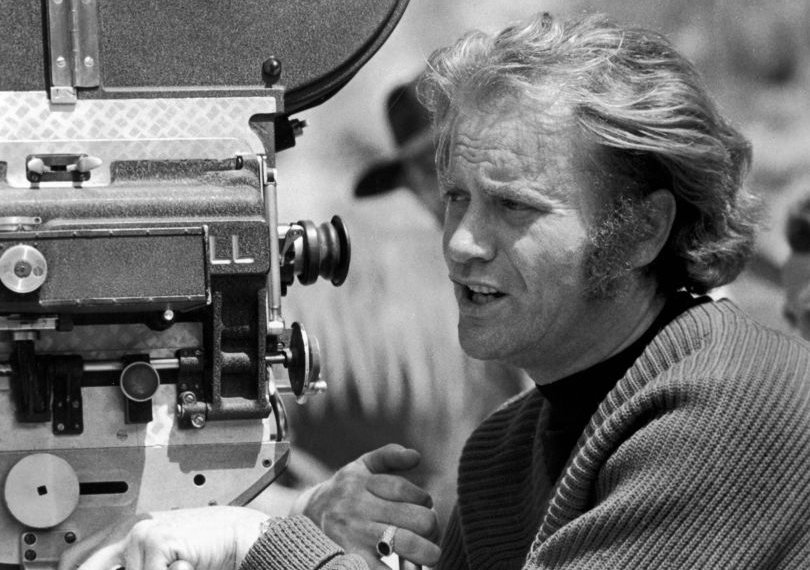 Columbia Pictures, Getty Images
Columbia Pictures, Getty Images
41. He Played The Coach
In 1976, Morrow appeared in The Bad News Bears opposite Walter Matthau and Tatum O’Neal. Even when Morrow was playing a kids’ baseball coach, he was still a bad guy. His character cruelly strikes his own players in the middle of an important game.
Morrow also had his own real-life kids to worry about.
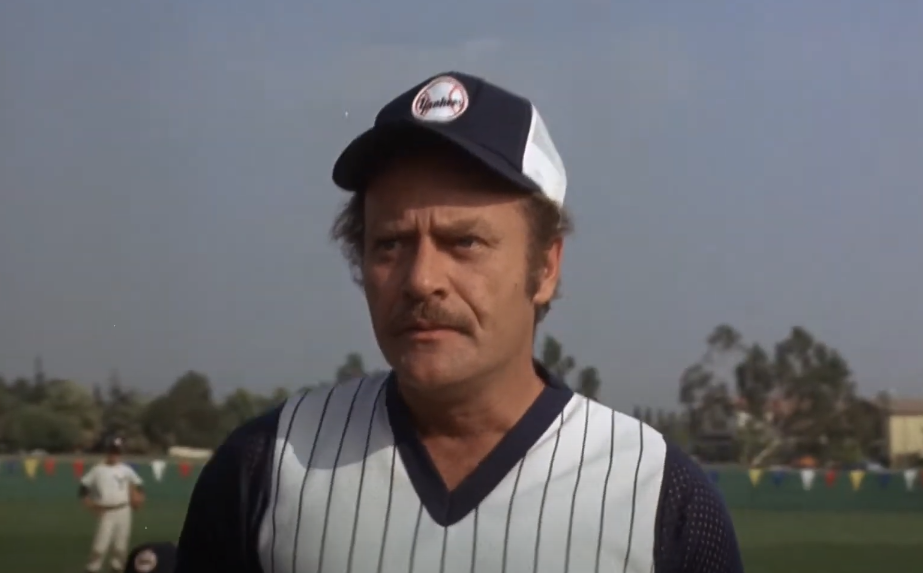 Paramount, The Bad News Bears (1976)
Paramount, The Bad News Bears (1976)
42. He Had Girls
Remember, Morrow had two daughters from his marriage to Barbara Turner. Sadly, the older one—Carrie Ann—went on to have addiction problems. Her mother saw having a troubled daughter as an opportunity to share stories of youth at risk. She wrote Freedom about a teenage runaway.
Meanwhile, Morrow’s other daughter became even more famous than her dad.
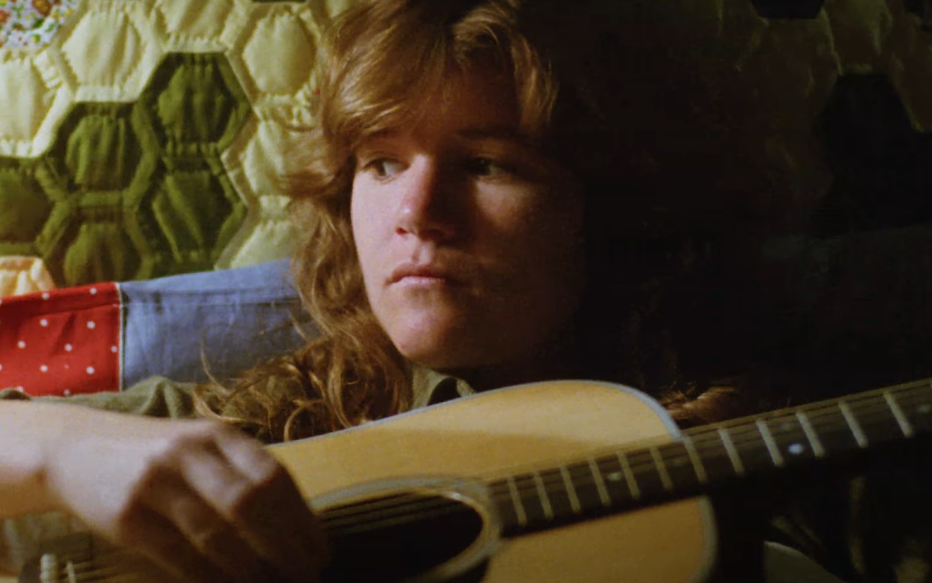 Hill/Mandelker Films, Freedom (1981)
Hill/Mandelker Films, Freedom (1981)
43. She Had Issues
Morrow’s other daughter had issues with her father. This is Single White Female actor Jennifer Jason Leigh, and not everyone even knows she is Morrow’s daughter. The thing is, Morrow told her something that she could not forget—or forgive.
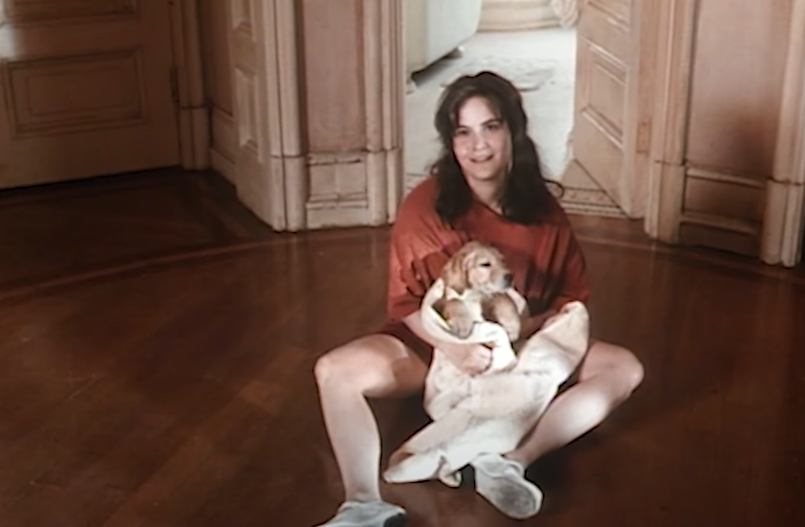 Columbia, Single White Female (1992)
Columbia, Single White Female (1992)
44. He Wanted A Heart-to-Heart
When Morrow’s daughter—Jennifer Jason Leigh—was 14, Morrow had a heart-to-heart talk with her. He had to come clean about something regarding her mother. Leigh had no idea what kind of news her father was going to tell her.
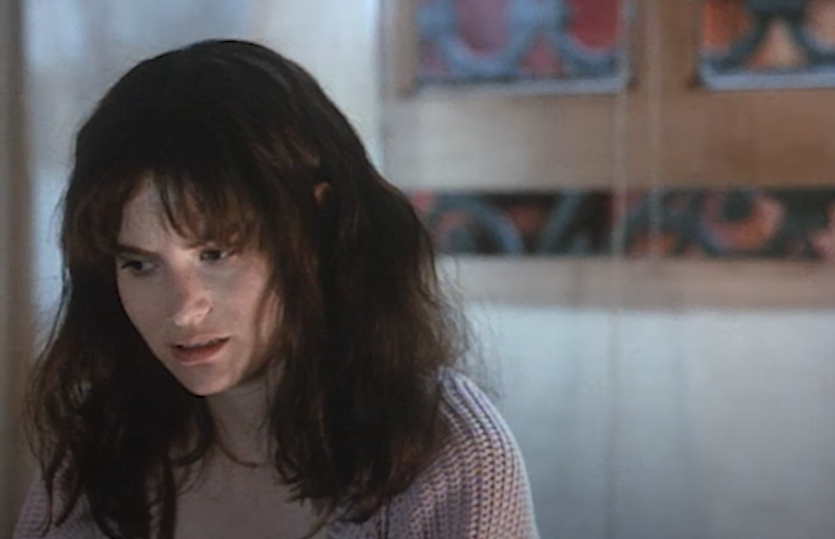 Columbia, Single White Female (1992)
Columbia, Single White Female (1992)
45. He Told Her The Truth
Morrow told Leigh—on her birthday no less—that when she was two, Morrow got physical with her mom, and ended up putting her in the hospital. Leigh thinks that Morrow told her this so the two would be closer. It didn’t go quite as planned.
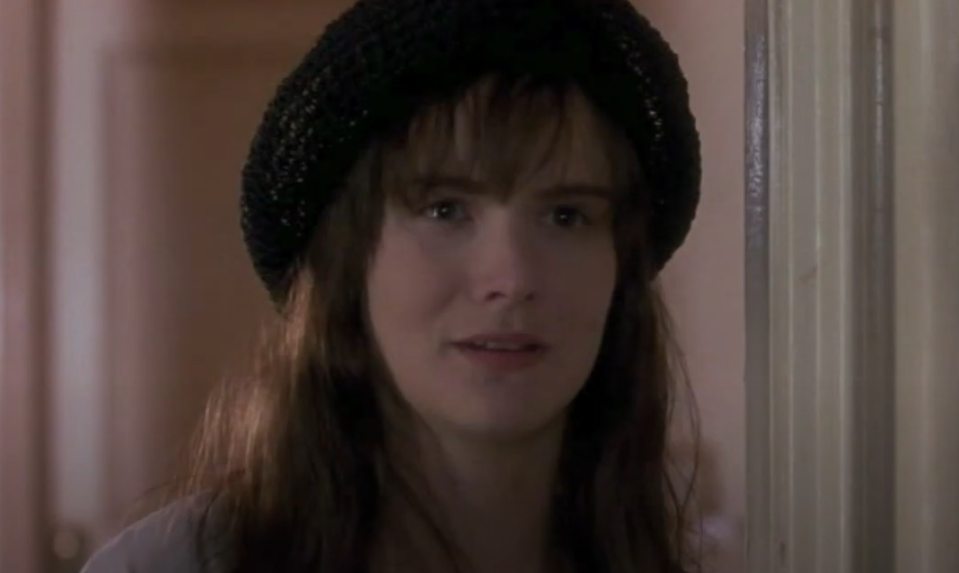 Columbia, Single White Female (1992)
Columbia, Single White Female (1992)
46. She Dropped It
When Leigh heard that her father had been abusive with her mother, it really turned her off her father. She didn’t want any kind of relationship with him, and she refused to use his last name. From here on, she was Jennifer Jason Leigh, hold the Morrow.
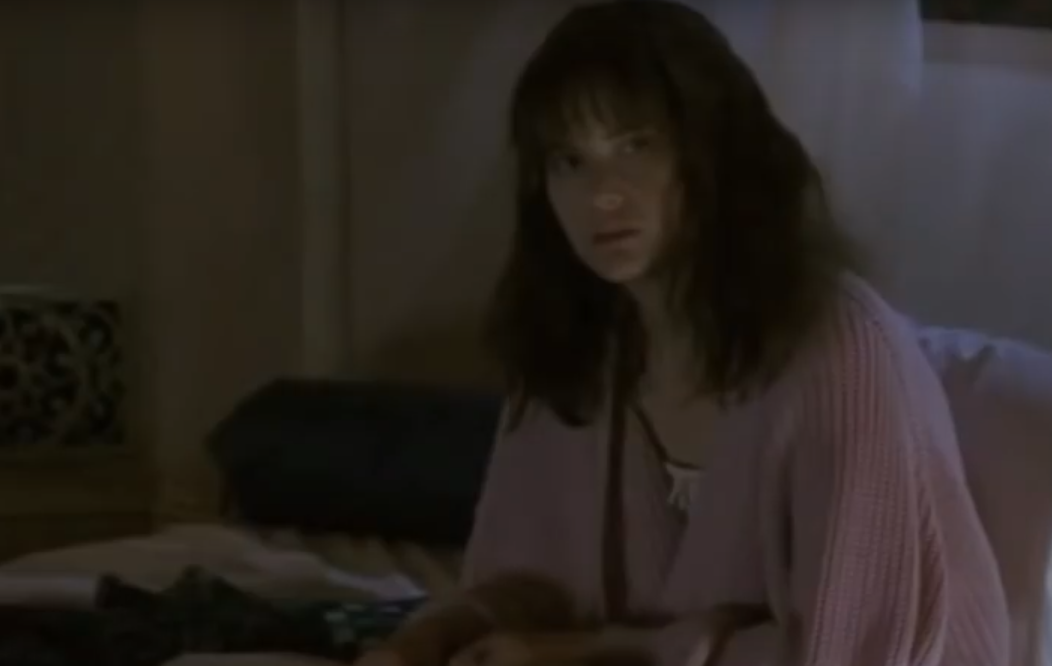 Columbia, Single White Female (1992)
Columbia, Single White Female (1992)
47. They Were Very Different
So, Morrow had two very different daughters. One had a successful career in films ahead of her, and the other suffered from drug addiction. You can imagine how difficult this would be for the two young women. If you can’t imagine it, you can always watch the movie.
48. She Told Their Story
Another movie that Morrow's ex Barabra Turner wrote also centered around Morrow’s family. Georgia is about two sisters who are both musicians. One is famous, and the other struggles with drug addiction. Sounds a little too close to the truth.
When Morrow went to the cinema it must have been a surreal experience.
49. It Was Surreal
When Morrow watched his wife’s film Georgia, it must have been strange to see a slightly altered retelling of the trials and tribulations of his daughters’ lives. To make it even more strange, Morrow’s daughter Jennifer Jason Leigh actually played the role that was similar to her sister.
50. He Got A Break
In 1982, Morrow got a big break to appear in one segment of Twilight Zone: The Movie. The segment’s director was John Landis, who’d made a name for himself mostly for comedies like National Lampoon’s Animal House and The Blues Brothers.
Morrow had no clue that this role would end in disaster.
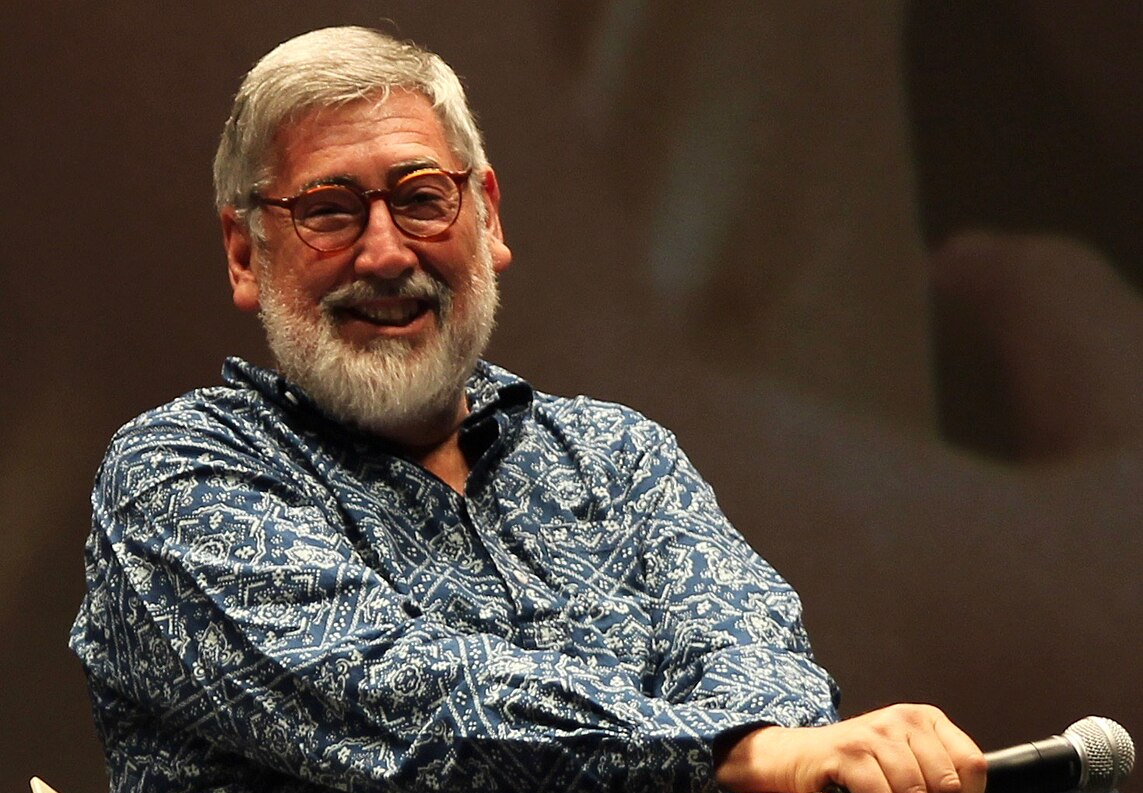 Pietro Luca Cassarino, CC BY-SA 4.0, Wikimedia Commons
Pietro Luca Cassarino, CC BY-SA 4.0, Wikimedia Commons
51. He Was Too Bad
In The Twilight Zone: The Movie, Morrow still couldn't escape his typecasting. His character was a definite "bad guy," with prejudices against all kinds of people. Through time travel, he has to face this same prejudice, but this time pointed in his direction. Once again, Morrow had concerns about playing such a bad guy.
To soften his character, the filmmakers decided to add one more scene. It would have been better if they hadn’t.
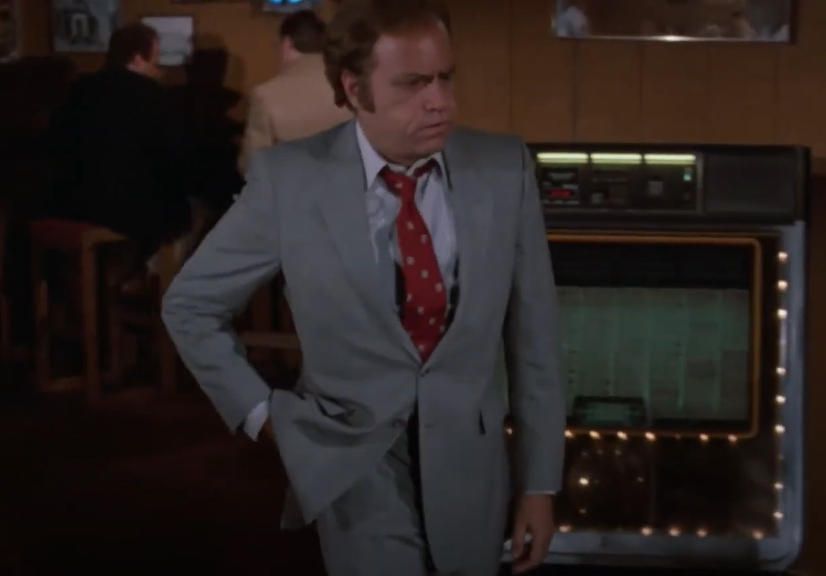 Warner Bros., Twilight Zone: The Movie (1983)
Warner Bros., Twilight Zone: The Movie (1983)
52. He Saves Them
They wanted this additional scene to show a softer side of Morrow’s character. In the scene, Morrow’s character has time-traveled back to Vietnam. He sees an opportunity to save two young children, played by Renee Shin-Yi Chen and Myca Dinh Le. That’s when cruel fate stepped in.
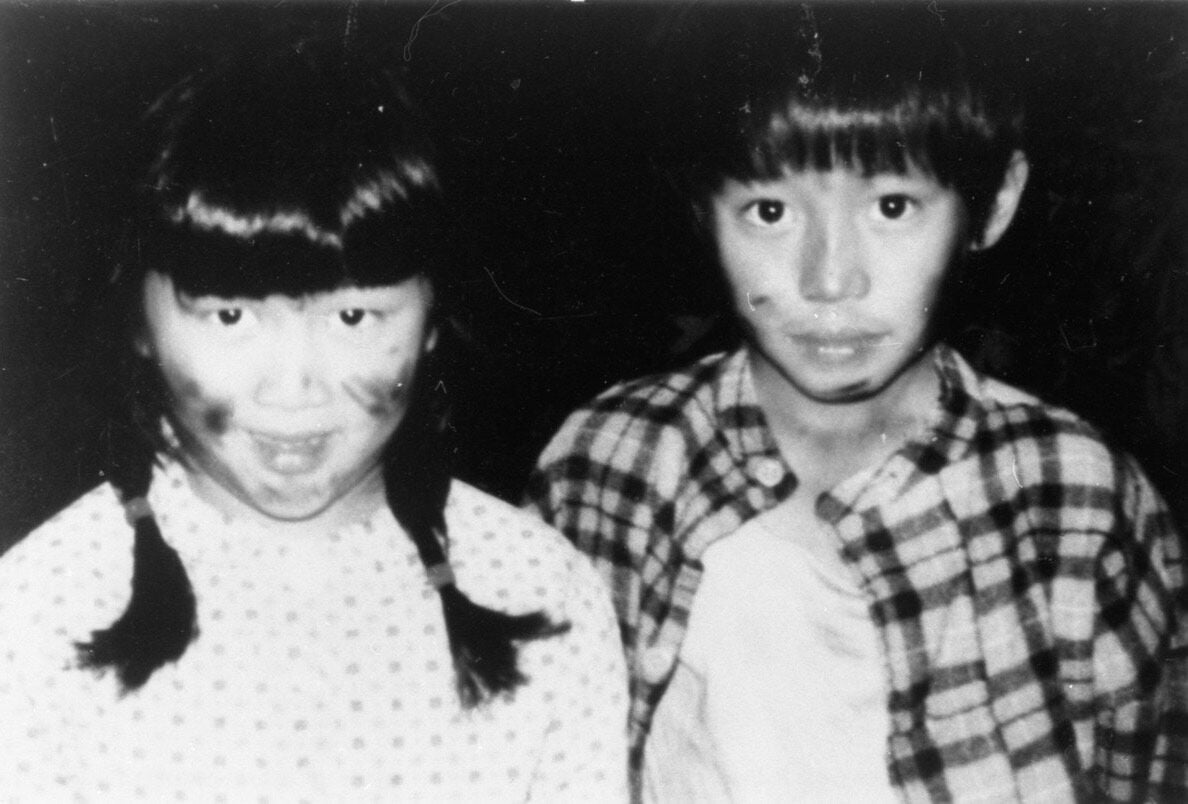 Unknown Author, Wikimedia Commons
Unknown Author, Wikimedia Commons
53. He Had A Bad Memory
The scene where Morrow saves the two kids involves a helicopter flying over them. Remember, back in 1974, Morrow had predicted he’d have a fatal accident in a helicopter while filming Dirty Mary Crazy Larry. Morrow hadn’t forgotten his prediction, and now it was worrying him.
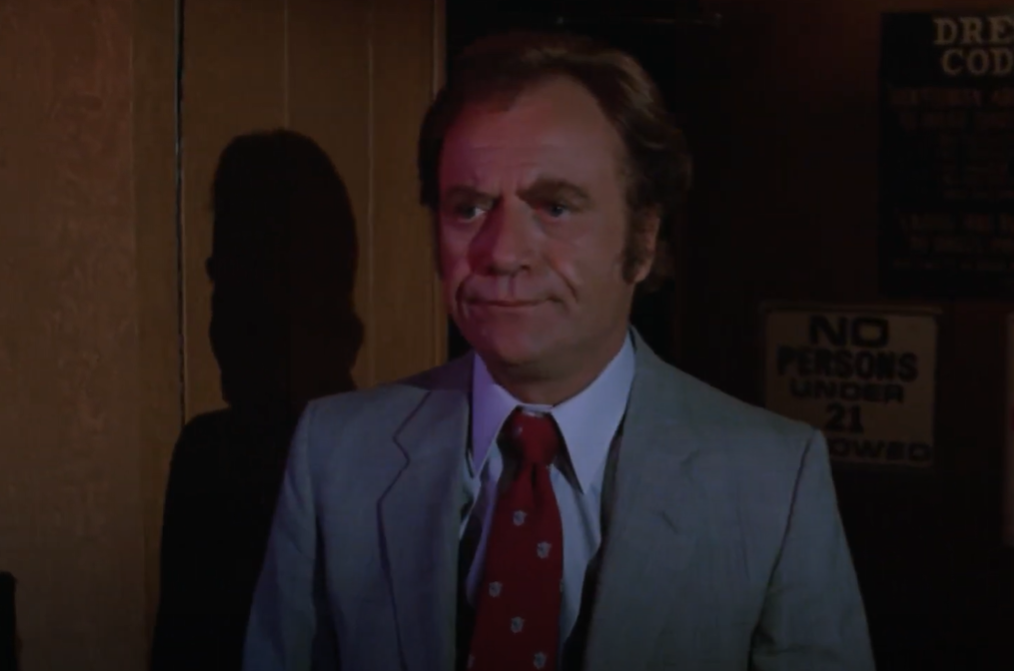 Warner Bros., Twilight Zone: The Movie (1983)
Warner Bros., Twilight Zone: The Movie (1983)
54. He Didn’t Want To Do It
Before filming the scene with the two kids and the helicopter, Morrow showed signs of stress. He complained to a production assistant that he should have asked for a stunt double for the scene. He also mentioned that he must have been out of his mind to do the scene.
Sadly, he did it anyway.
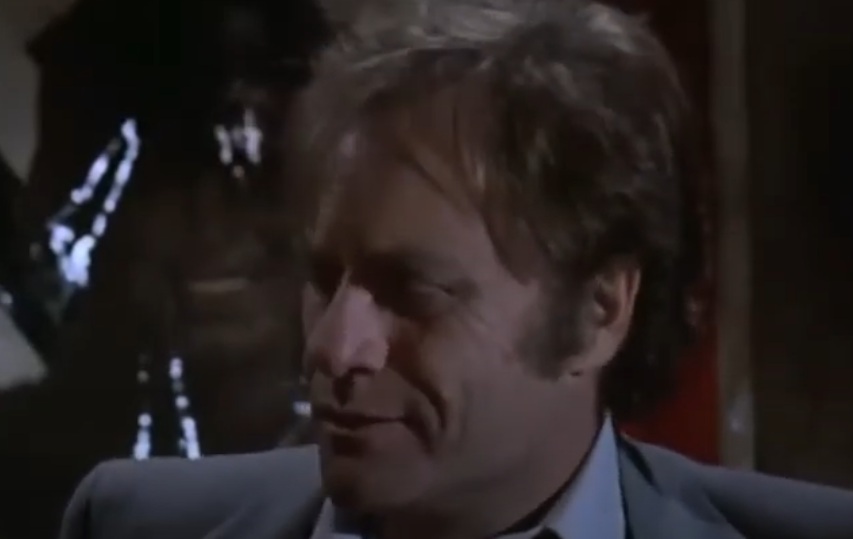 Warner Bros., Twilight Zone: The Movie (1983)
Warner Bros., Twilight Zone: The Movie (1983)
55. He Lost Control
In the scene, Morrow has to carry the two children while a helicopter pursues them. The helicopter was hovering over a mortar effect, and the mortar detonated. That's when everything went wrong.
The explosion struck the helicopter and made the pilot lose control. What happened next was an unspeakable accident.
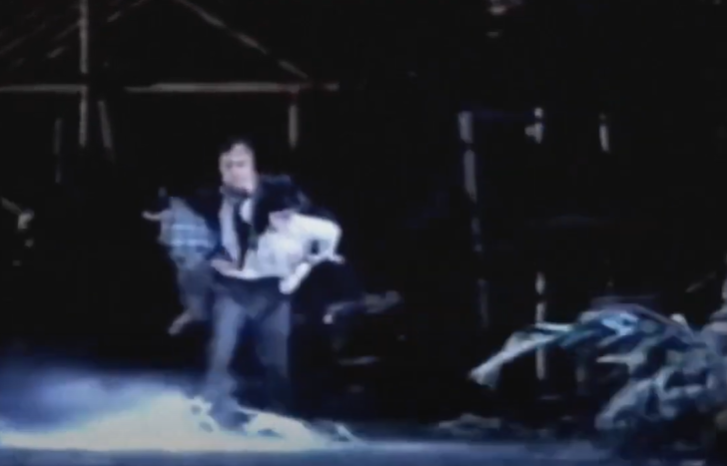 Muse Entertainment, Cursed Films, Twilight Zone: The Movie (2020-2022)
Muse Entertainment, Cursed Films, Twilight Zone: The Movie (2020-2022)
56. It Crashed On Them
While the helicopter was spinning out of control, Morrow accidentally dropped Chen into the water. He reached to pull Chen out when the helicopter landed on all three of them. None of them survived the horrific crash. Three lives had ended instantly—but the nightmare was just beginning.
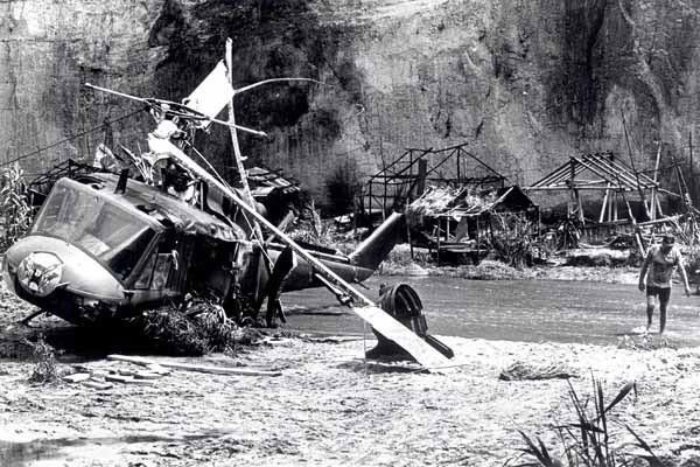 Unknown Author, Wikimedia Commons
Unknown Author, Wikimedia Commons
57. They Took Them In
Following the fatal accident of Morrow and the two child actors, authorities took in Landis, Steven Spielberg—because he was one of the producers—the helicopter pilot, and the technician in charge of pyrotechnics. They charged them with involuntary manslaughter.
But it was even worse than it seemed at first.
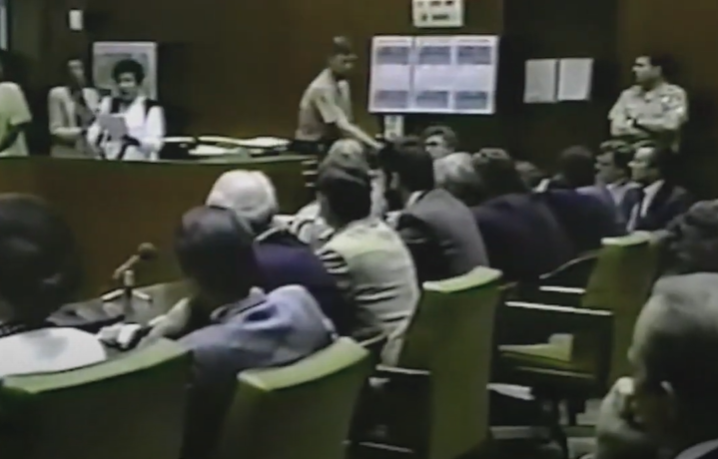 Muse Entertainment, Cursed Films, Twilight Zone: The Movie (2020-2022)
Muse Entertainment, Cursed Films, Twilight Zone: The Movie (2020-2022)
58. They Weren’t Supposed To Be There
What came out later was that the children shouldn’t have been in the scene with Morrow, as it was against the law for children to work on films at night. Getting a waiver would have made it legal—but the filmmakers didn’t apply for one.
And that wasn't even all.
59. They Were In the Dark
The parents of the children Morrow was working with that fateful night were left totally in the dark. Neither of the parents knew that their children would be near any hazardous things like explosives. Had they known and complained, maybe Landis might have scrapped the entire scene and Morrow, Chen and Le would be alive today.
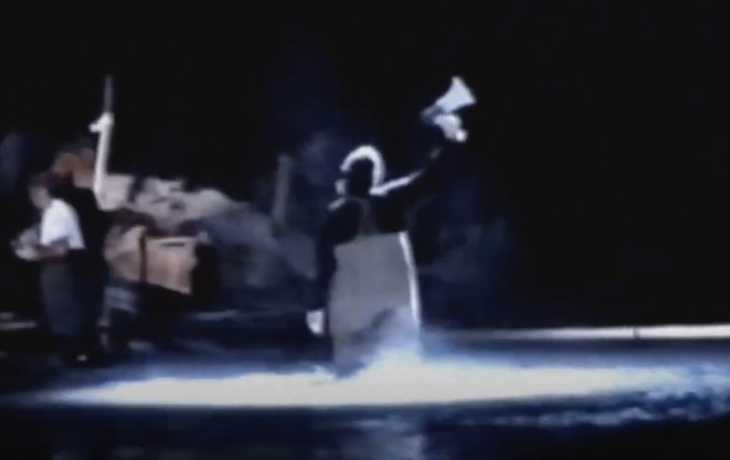 Muse Entertainment, Cursed Films, Twilight Zone: The Movie (2020-2022)
Muse Entertainment, Cursed Films, Twilight Zone: The Movie (2020-2022)
60. He Didn’t Leave
Many shocking truths came out during the trial. While Morrow and the two children were under the helicopter, it became clear that things were getting dangerous. The production manager told the pilot to get out of there. The pilot didn’t—and the reason is infuriating.
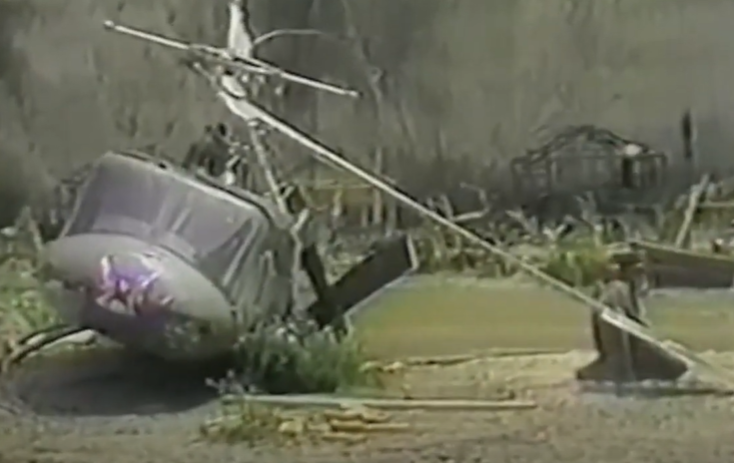 Muse Entertainment, Cursed Films, Twilight Zone: The Movie (2020-2022)
Muse Entertainment, Cursed Films, Twilight Zone: The Movie (2020-2022)
61. He Told Them To Go Lower
The production manager and the pilot now knew that they had to get the helicopter away from Morrow and the children. Then they heard director Landis saying, “Get lower…lower!” The pilot listened to the director—and tragedy ensued.
62. They Tried To Blame Him
In the trial, the pilot, Dorcey Wingo, said that he had told Morrow to look up at the helicopter just in case. Morrow didn’t, and Wingo went on to say that Morrow had five seconds “between the time the sound of the helicopter changed and that impact”. The question is: What could Morrow do in those five seconds?
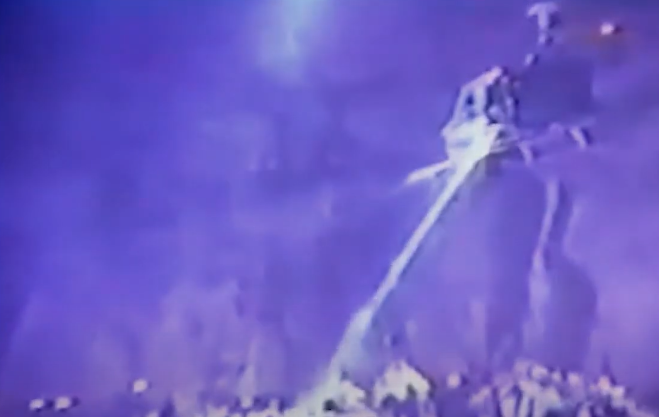 Muse Entertainment, Cursed Films, Twilight Zone: The Movie (2020-2022)
Muse Entertainment, Cursed Films, Twilight Zone: The Movie (2020-2022)
63. It Was An Extreme Situation
The situation was extremely intense. It was nighttime, and Morrow was responsible for two children. They were near some water with a helicopter over top. Suddenly, explosions were going off. It’s hard to figure out exactly what Wingo wanted Morrow to do.
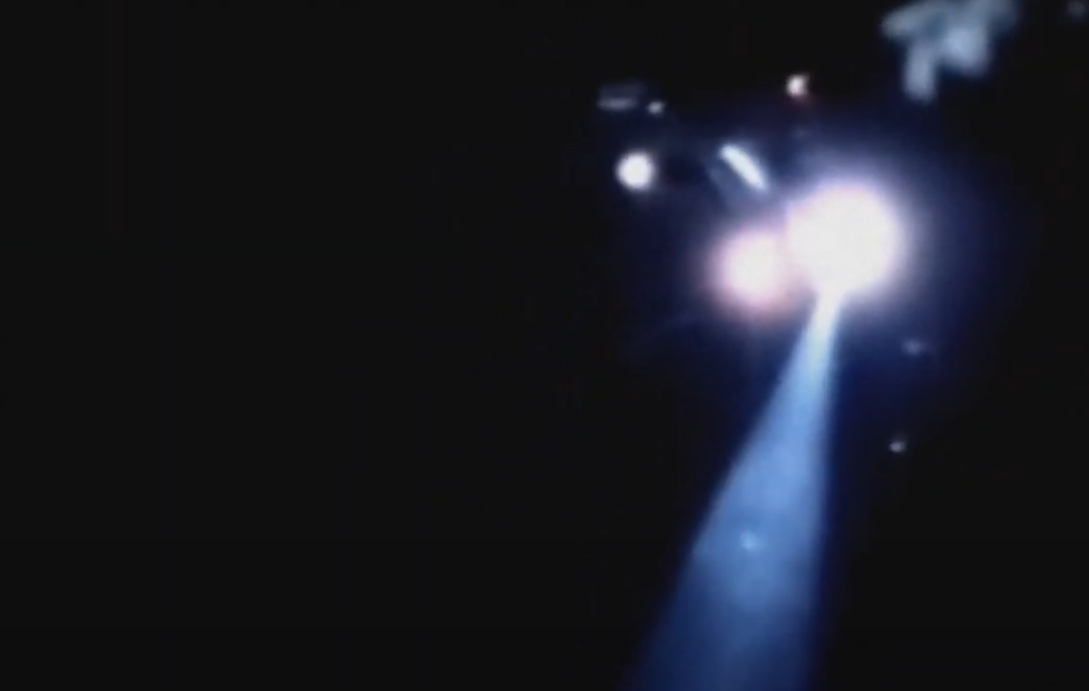 Muse Entertainment, Cursed Films, Twilight Zone: The Movie (2020-2022)
Muse Entertainment, Cursed Films, Twilight Zone: The Movie (2020-2022)
64. He Wasn’t There
Later, during the trial, Wingo said that he wasn’t trying to place any blame on Morrow. Most people agreed that it sounded like he was. Deputy DA Attorney Lea Purwin D’Agostino did not let him get away with it. After all, Morrow wasn’t there to defend himself or explain his actions.
 Rick Meyer, Los Angeles Times, CC BY 4.0, Wikimedia Commons
Rick Meyer, Los Angeles Times, CC BY 4.0, Wikimedia Commons
65. They Walked Away
The tragedy of The Twilight Zone: The Movie resulted in a whole slew of acquittals. Director Landis, helicopter pilot Wingo, the associate producer and the production manager all walked away from the trial—which lasted 10 months—as free men.
66. They Broke It Off
The tragic accident involving Morrow and his young co-stars also ended a famous friendship. Academy Award-winning director Steven Spielberg ended both his business and personal relationship with director John Landis.
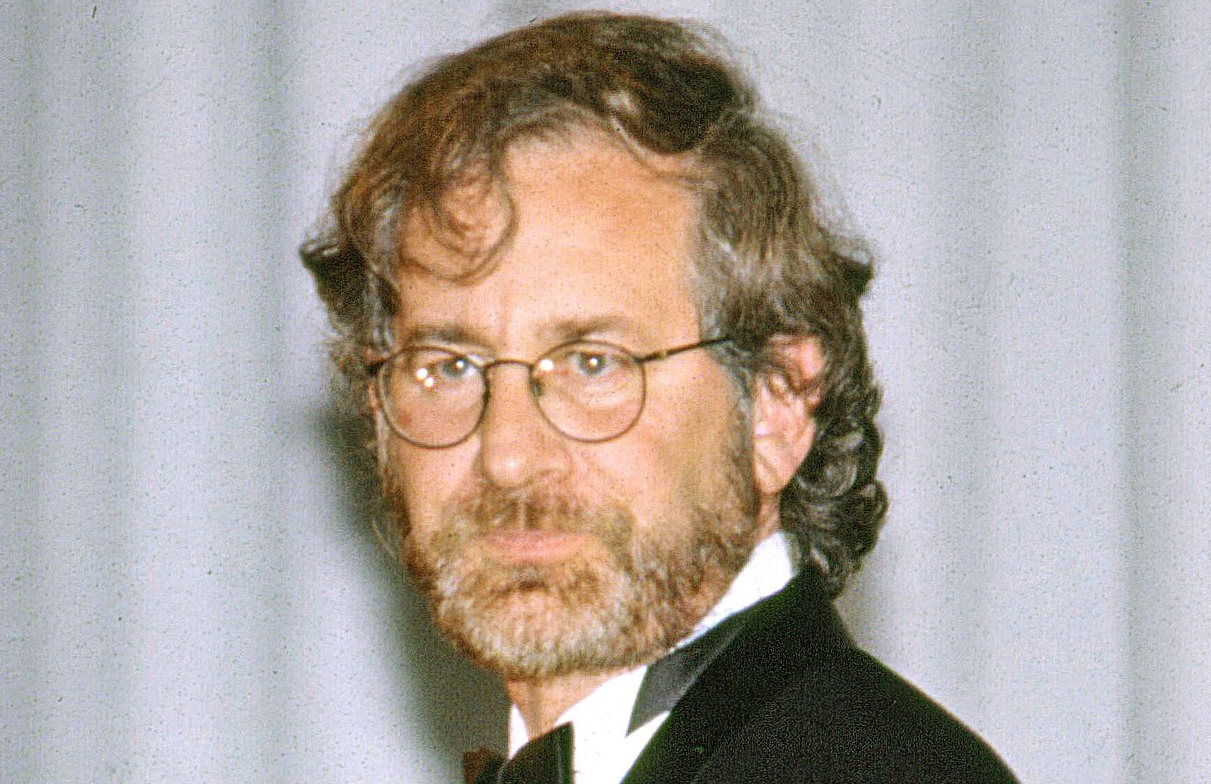 GianAngelo Pistoia, CC BY-SA 3.0, Wikimedia Commons
GianAngelo Pistoia, CC BY-SA 3.0, Wikimedia Commons
67. They Collected
Even though Jennifer Jason Leigh had ended her relationship with Morrow, she and her sister began lawsuits against more than one group responsible for the accident on Twilight Zone: The Movie. Both Leigh and Carrie Ann received $850,000 in the end, which they got from an out-of-court settlement.
68. He Left It To Just One
Morrow had one big surprise left for his family. When they eventually read Morrow’s will, it came out that he left everything to Carrie Ann and next to nothing to Leigh or her mother. Sadly, Carrie Ann passed on Dec 27, 2016, when she was just 58 years old. The cause was a drug overdose.
But something good did come out of this tragic story.
69. They Made Changes
Because of the tragic passing of Morrow, Chen, and Le, Warner Bros decided to improve safety conditions on all their films. They set up a committee whose sole purpose was to create sets of standards when filmmakers are using dangerous equipment. But that wasn’t all.
 Rebell18190, CC BY-SA 3.0, Wikimedia Commons
Rebell18190, CC BY-SA 3.0, Wikimedia Commons
70. They Can Call Anytime
After the terrible tragedy during the filming of The Twilight Zone: The Movie, the Directors Guild of America and The Screen Actors Guild both created anonymous hotlines for their members to use. If they are unsure about the safety of something that’s happening on set, they can call for advice.
It was too late for Vic Morrow, Renee Shin-Yi Chen, and Myca Dinh Le, but at least no tragedy of that magnitude has happened in Hollywood since.

